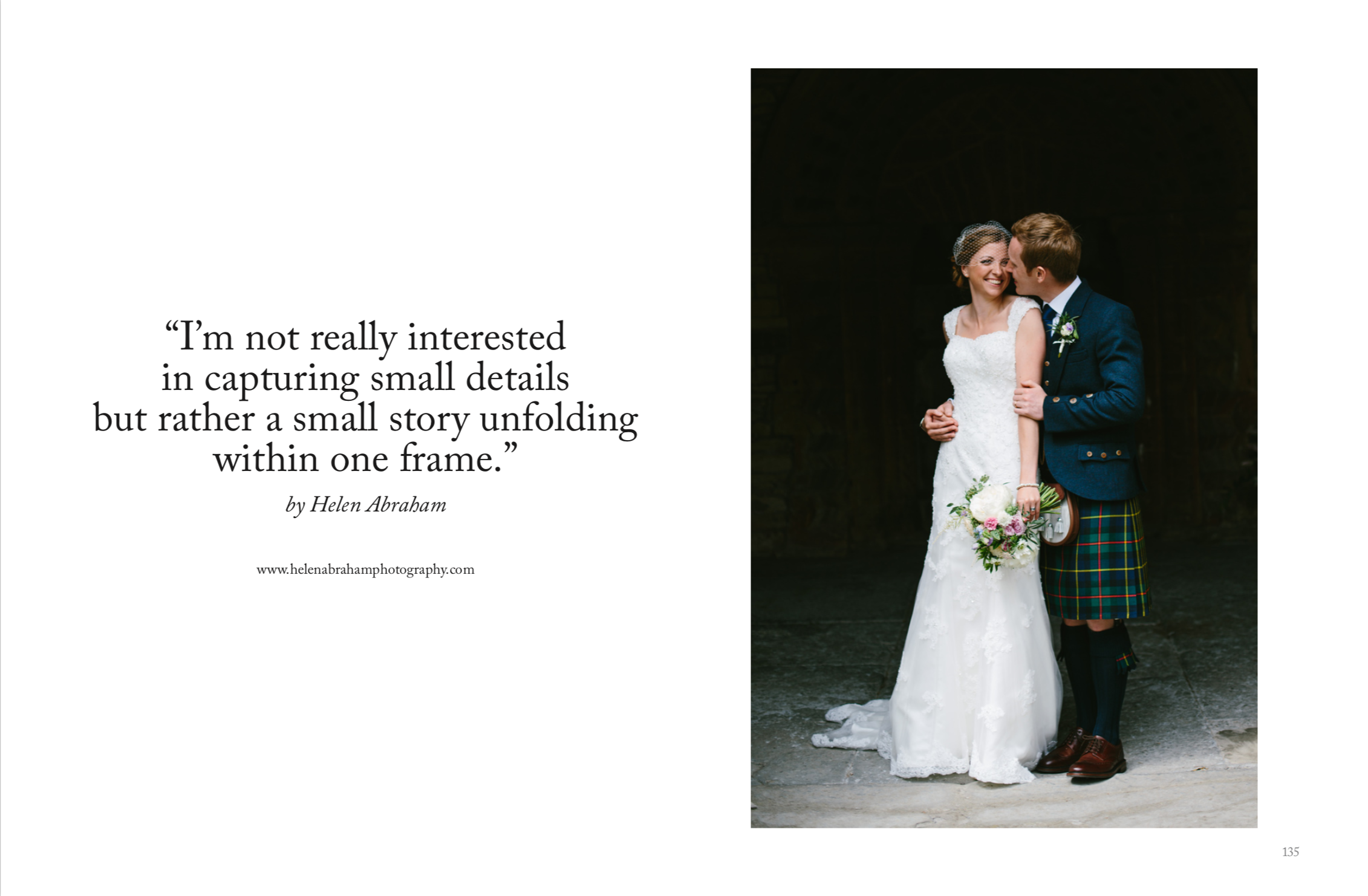Interview in Fuji Passion Magazine - Wedding Special
Fuji X Wedding Photographer
A couple of years ago I took the decision to start shooting the bulk of my weddings using the Fuji X system of camera’s and lenses. I was finding carrying heavy Canon gear taking a toll on both my body and my creativity and wanted to re-excite myself by changing gears a little. I haven’t looked back and love using the neat little cameras. I feel more discrete at weddings and I have more energy and freshness to bring to the day.
I was thrilled to be featured in the latest edition of Fuji Passion magazine. This is the interview that was published.
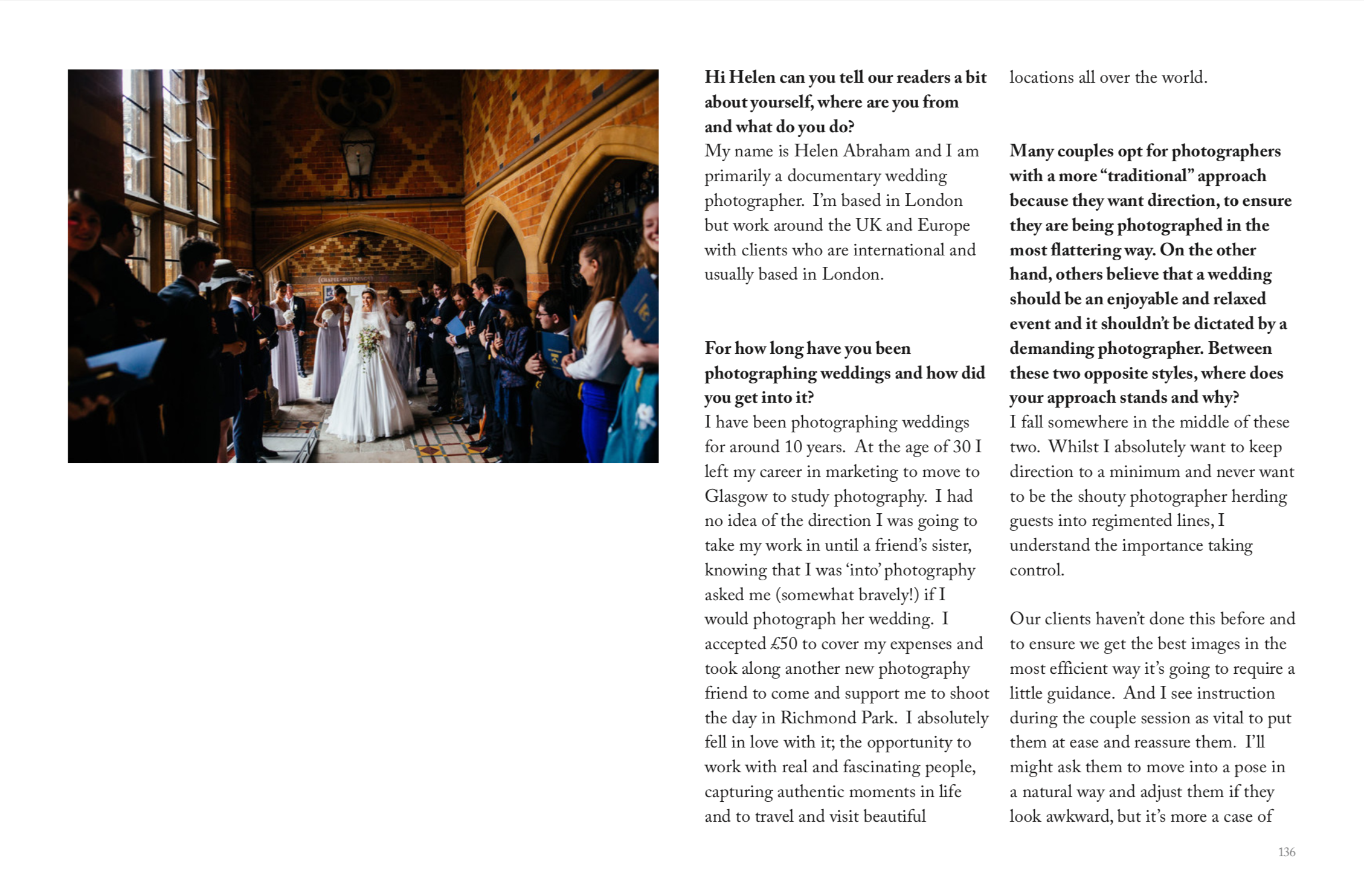
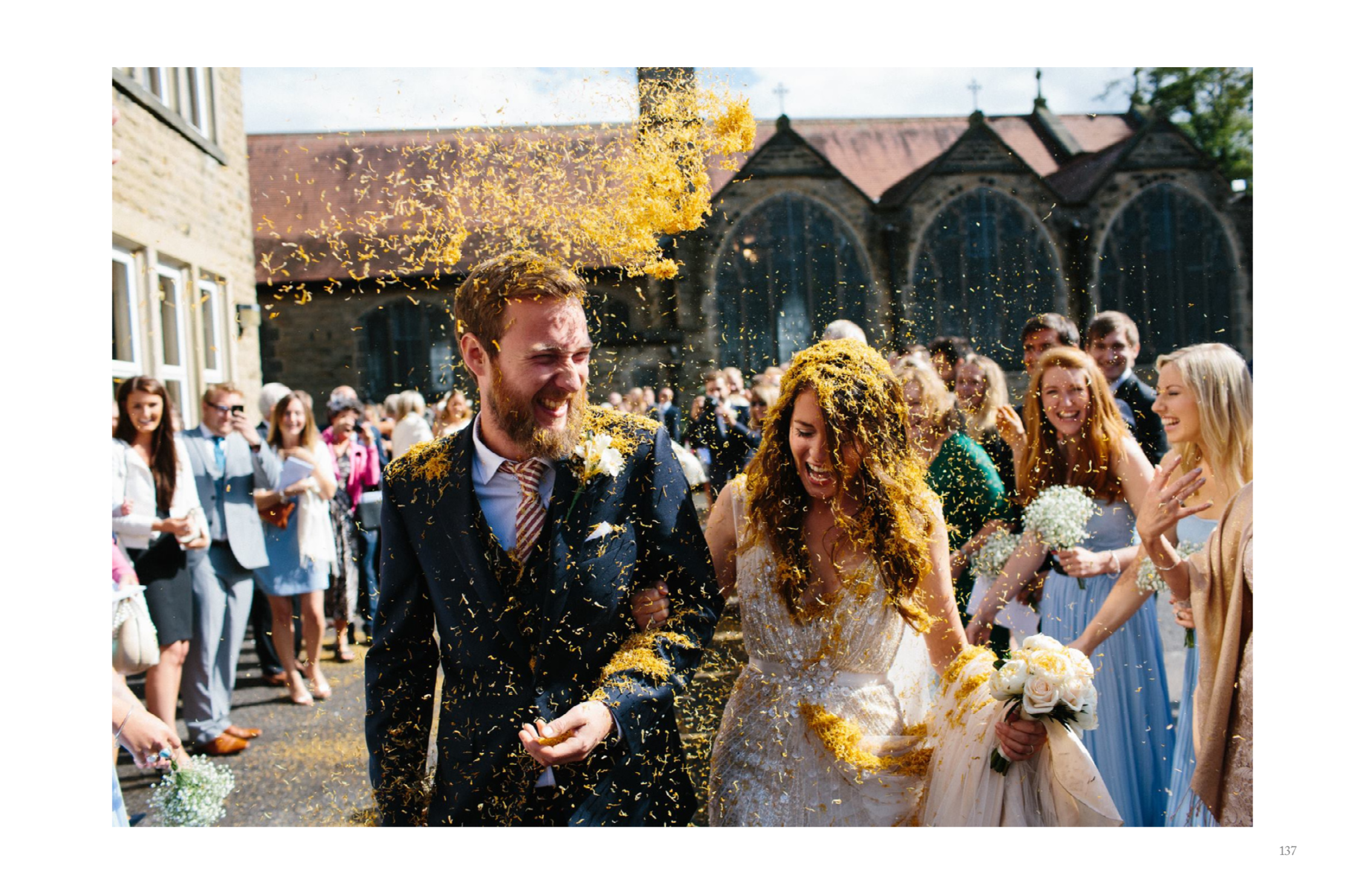
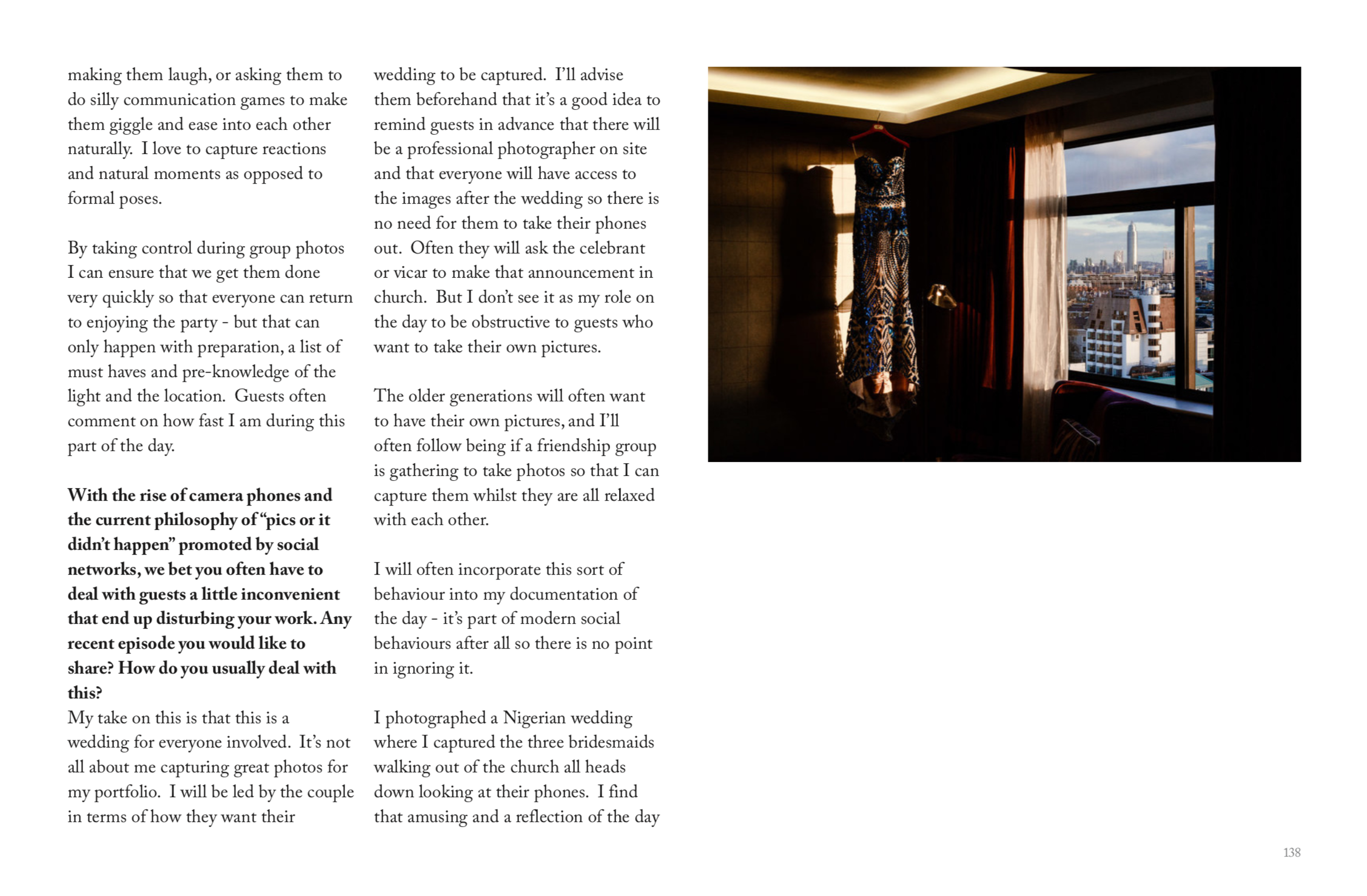
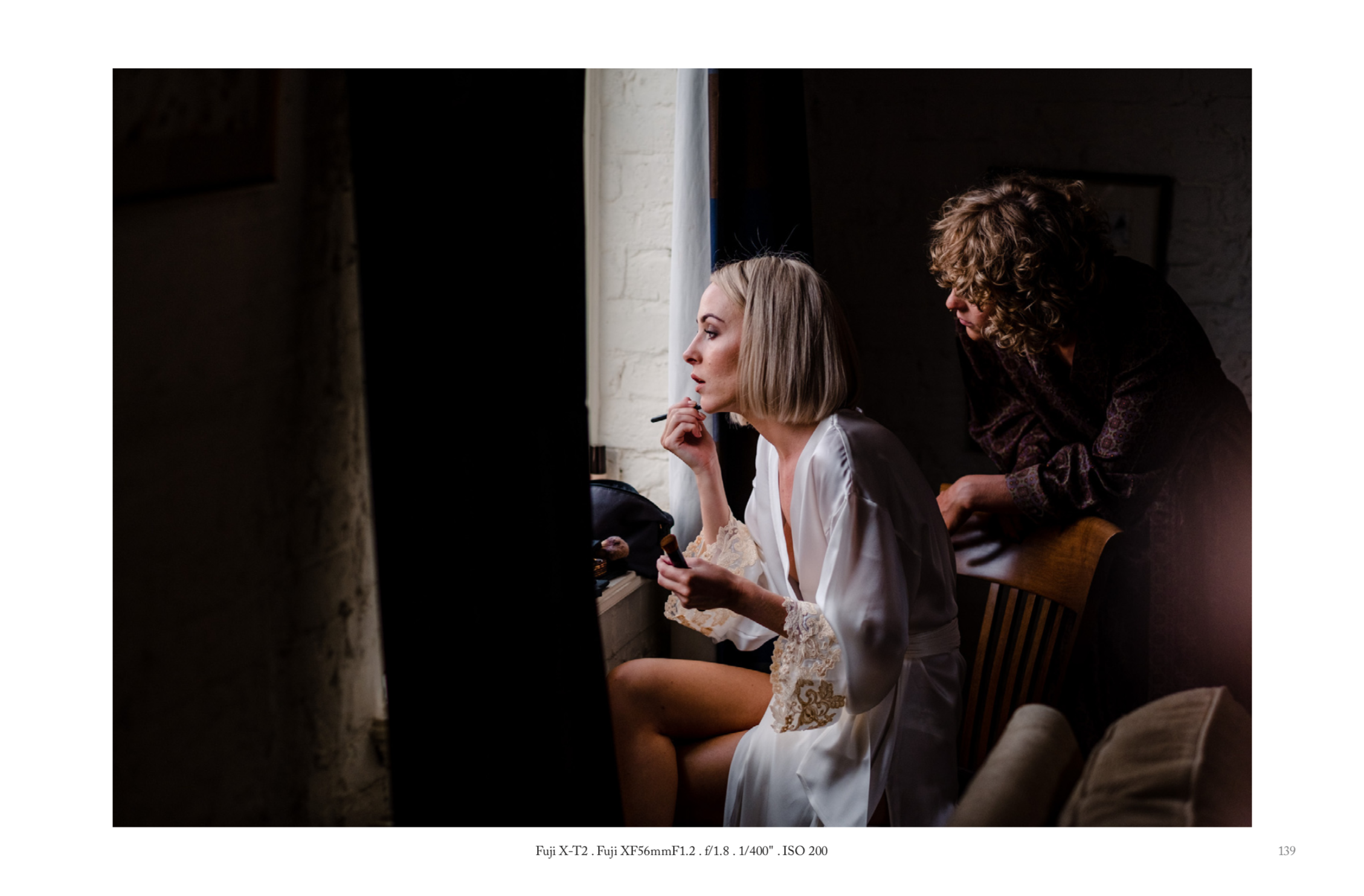
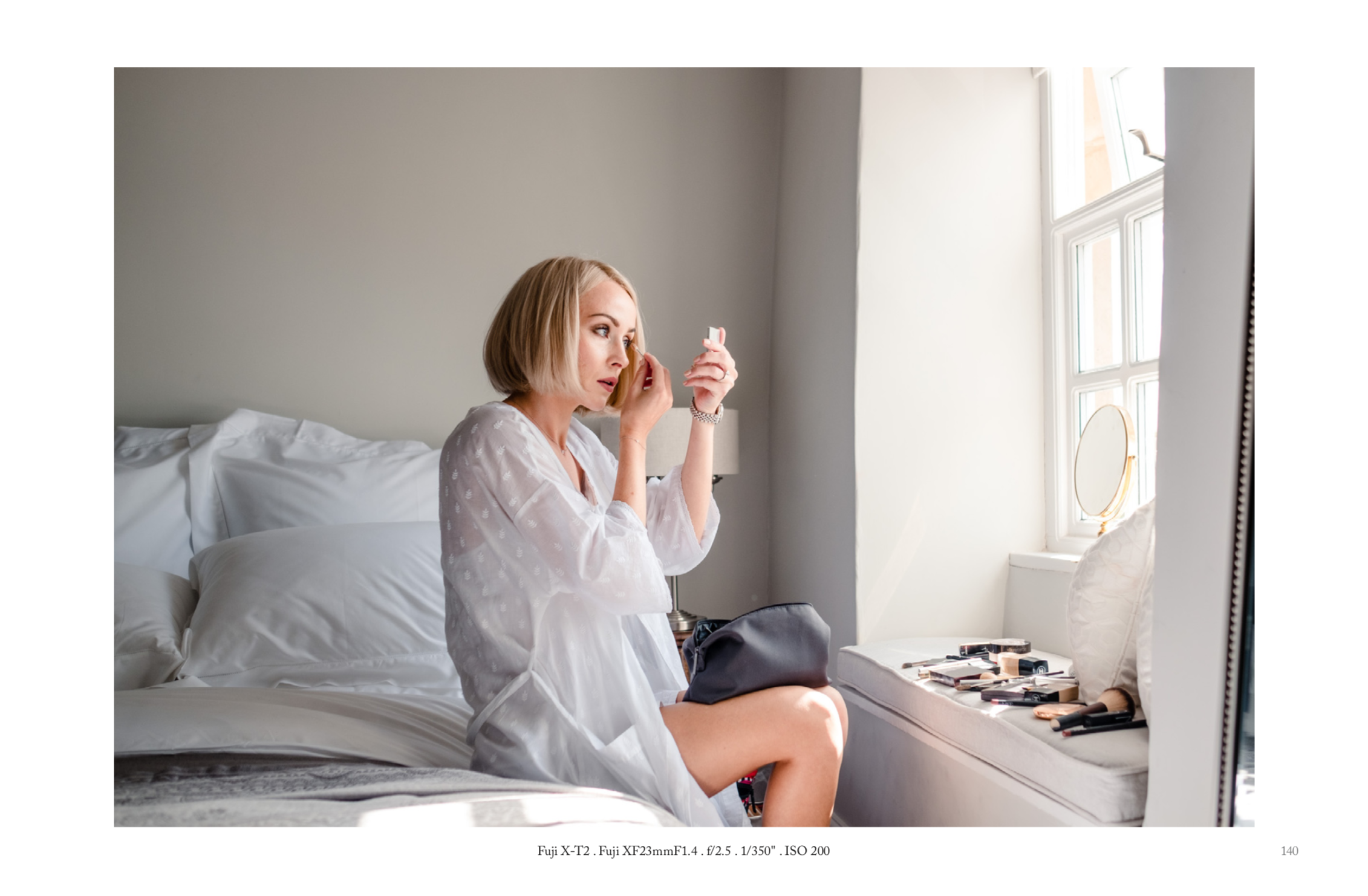
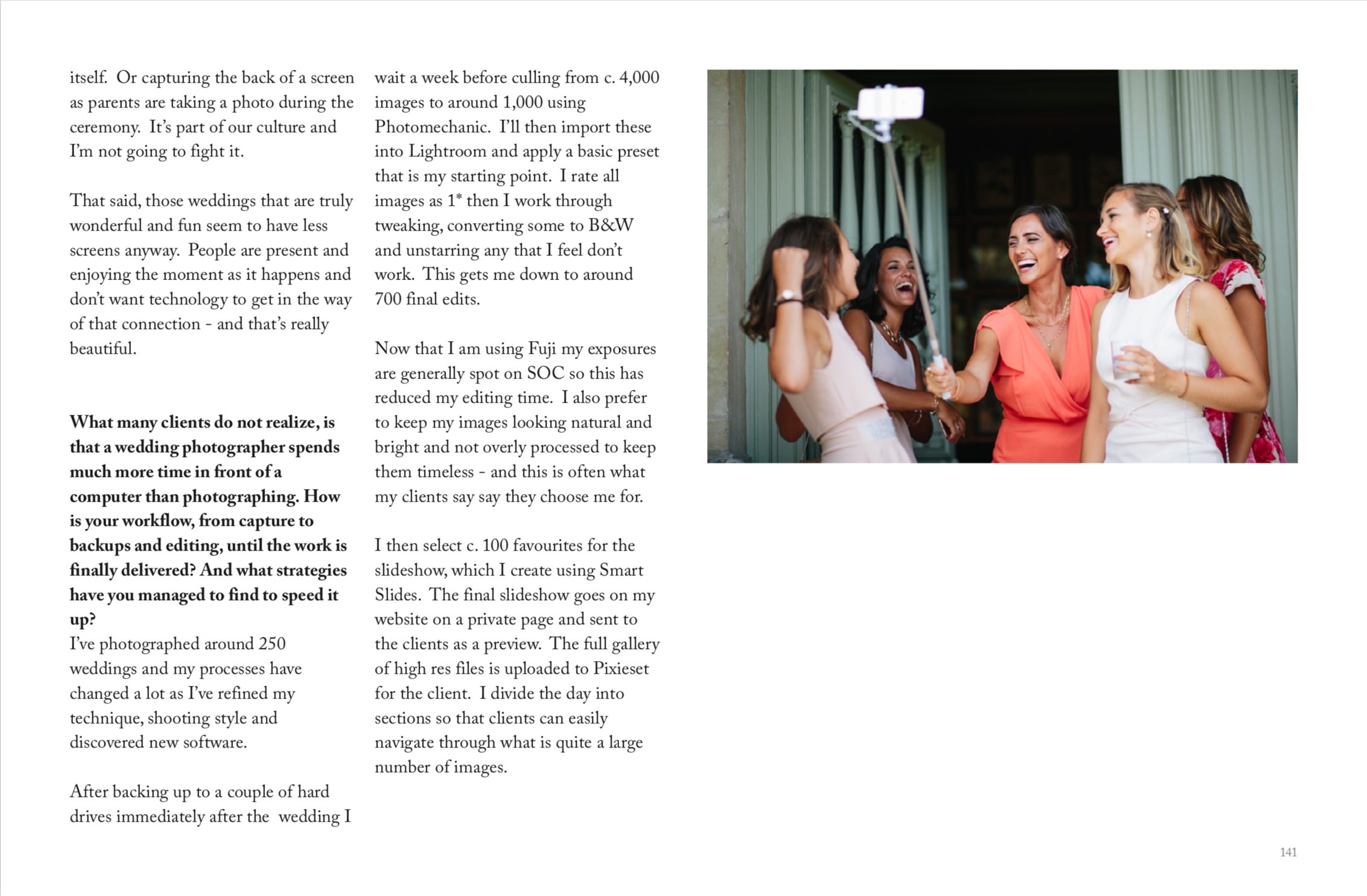
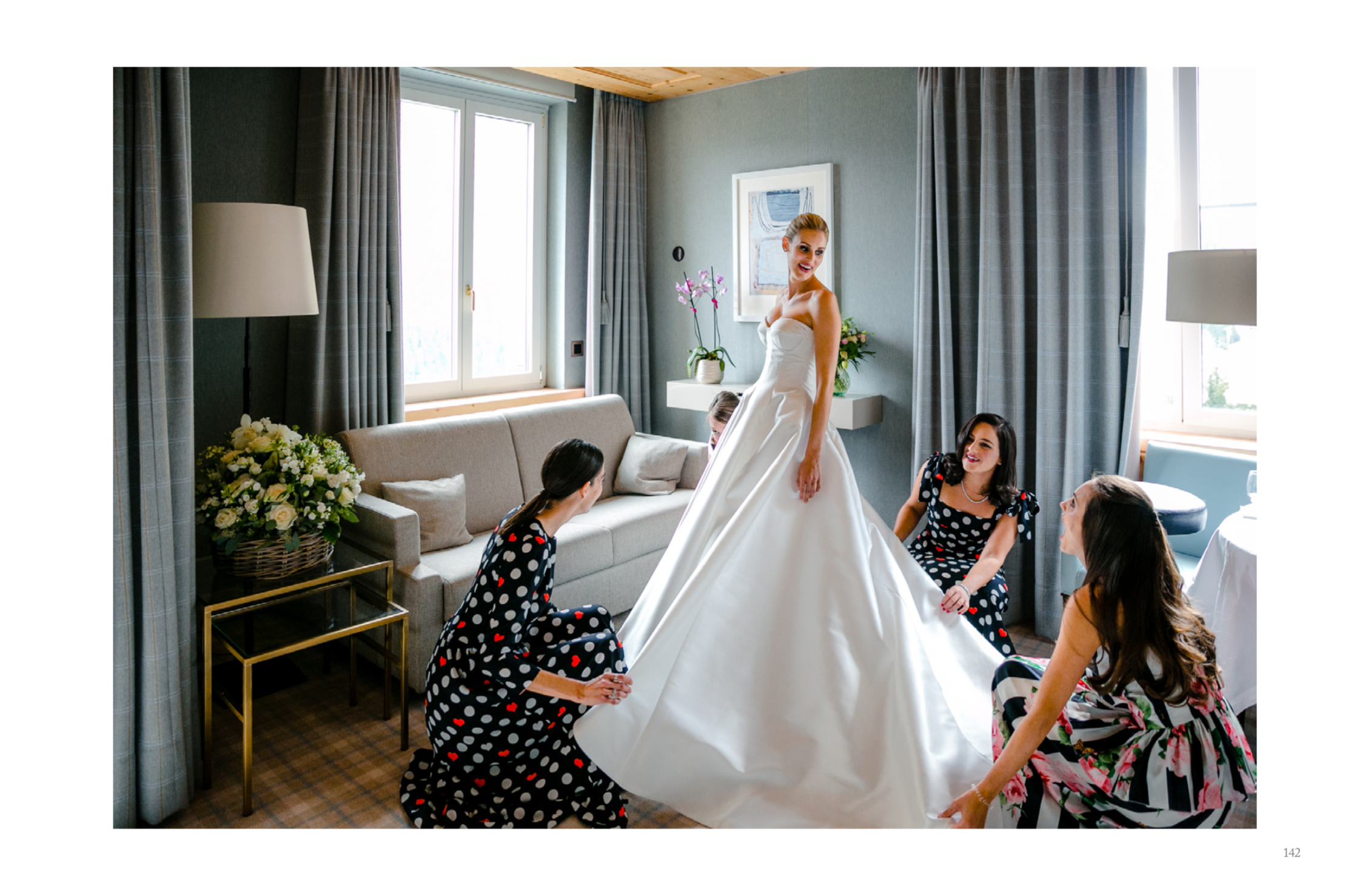
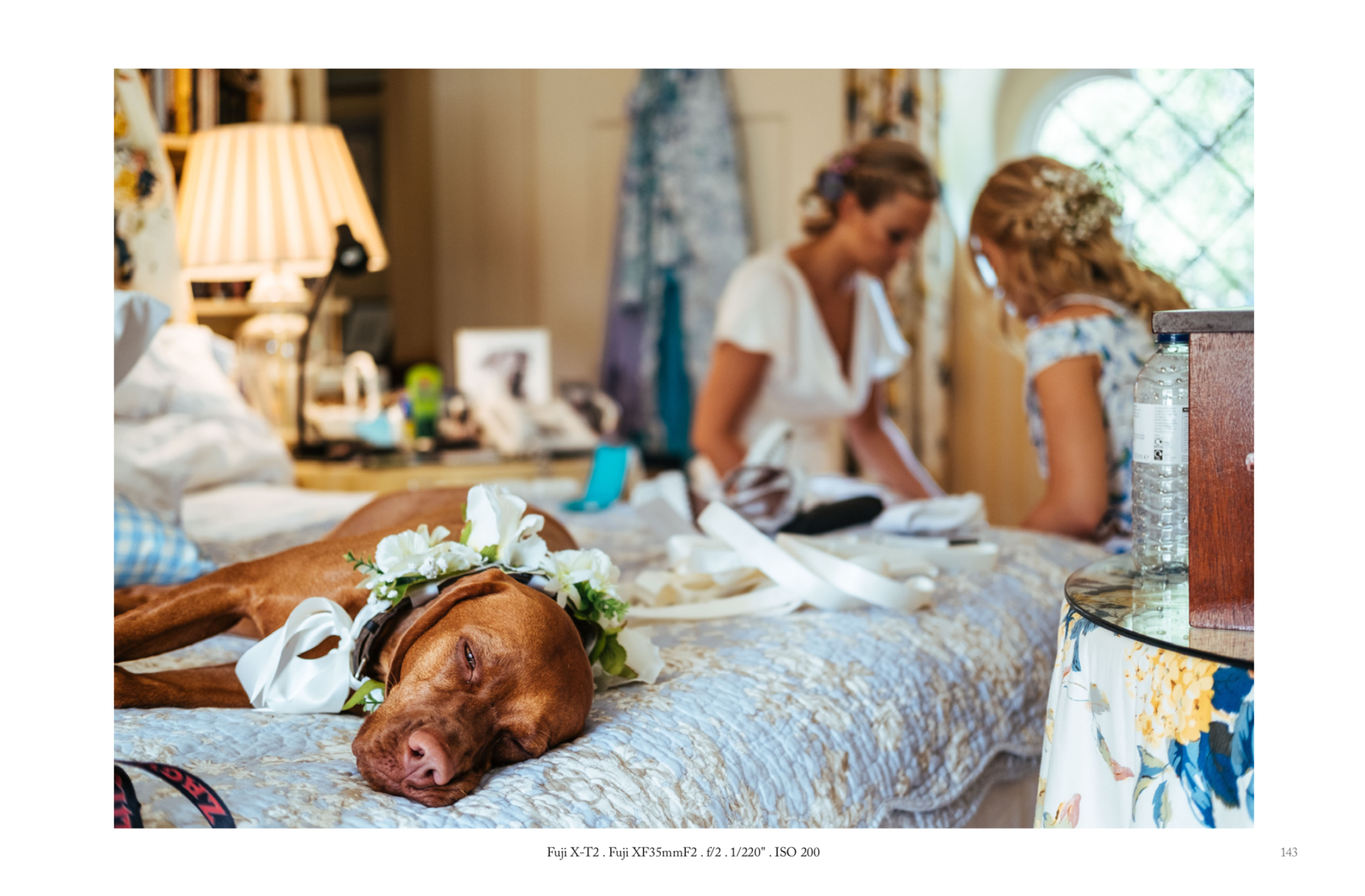
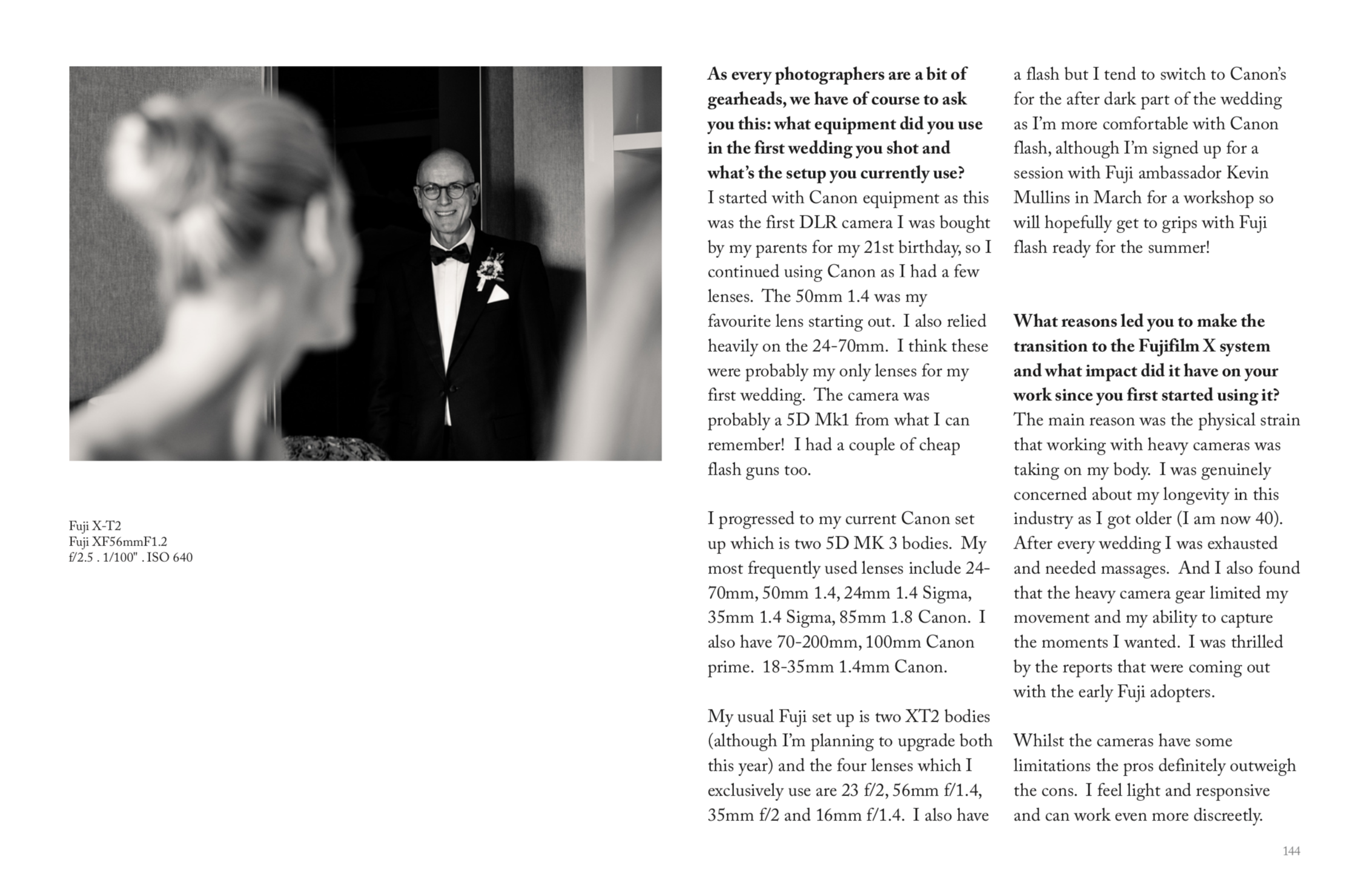
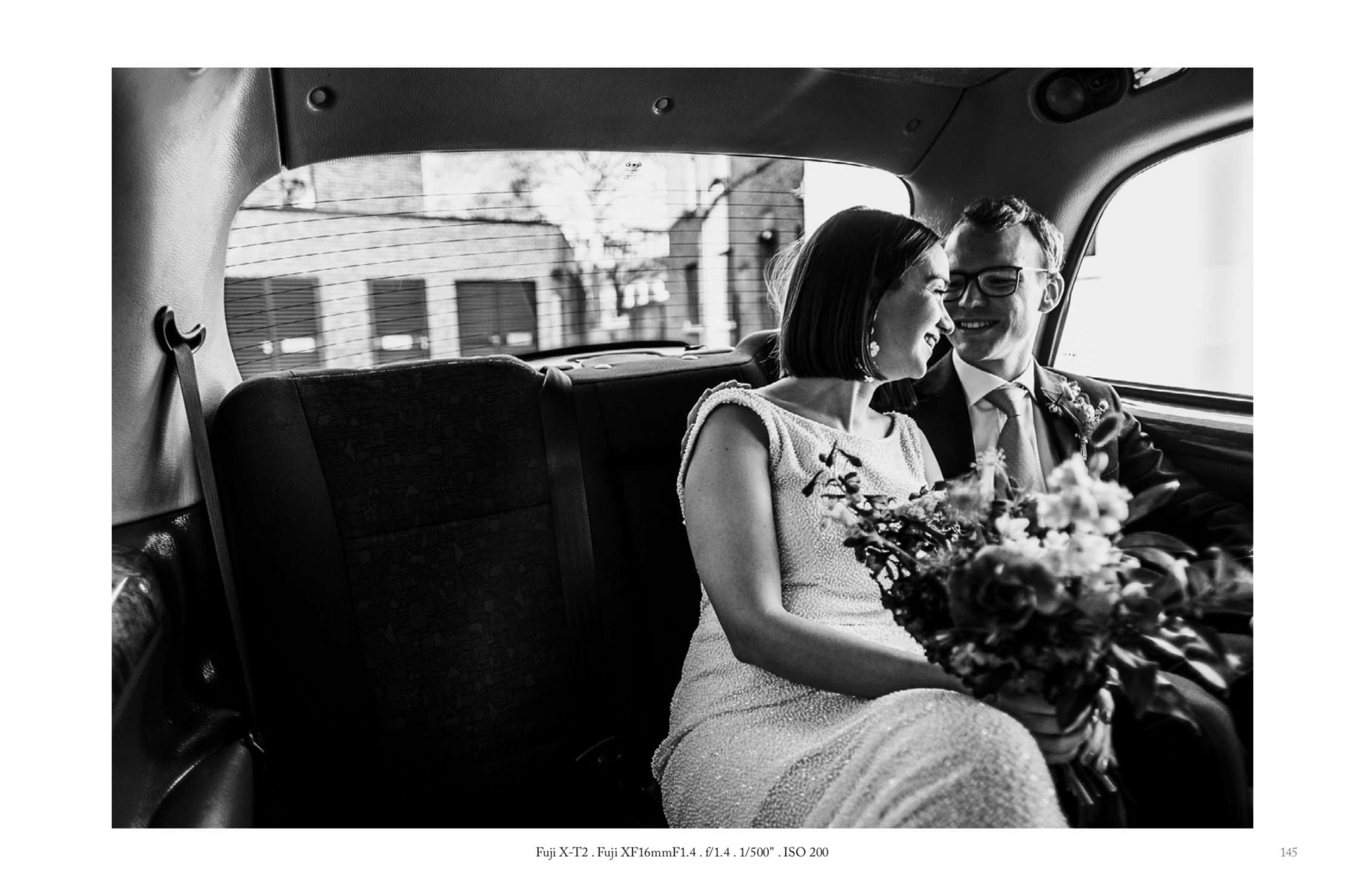
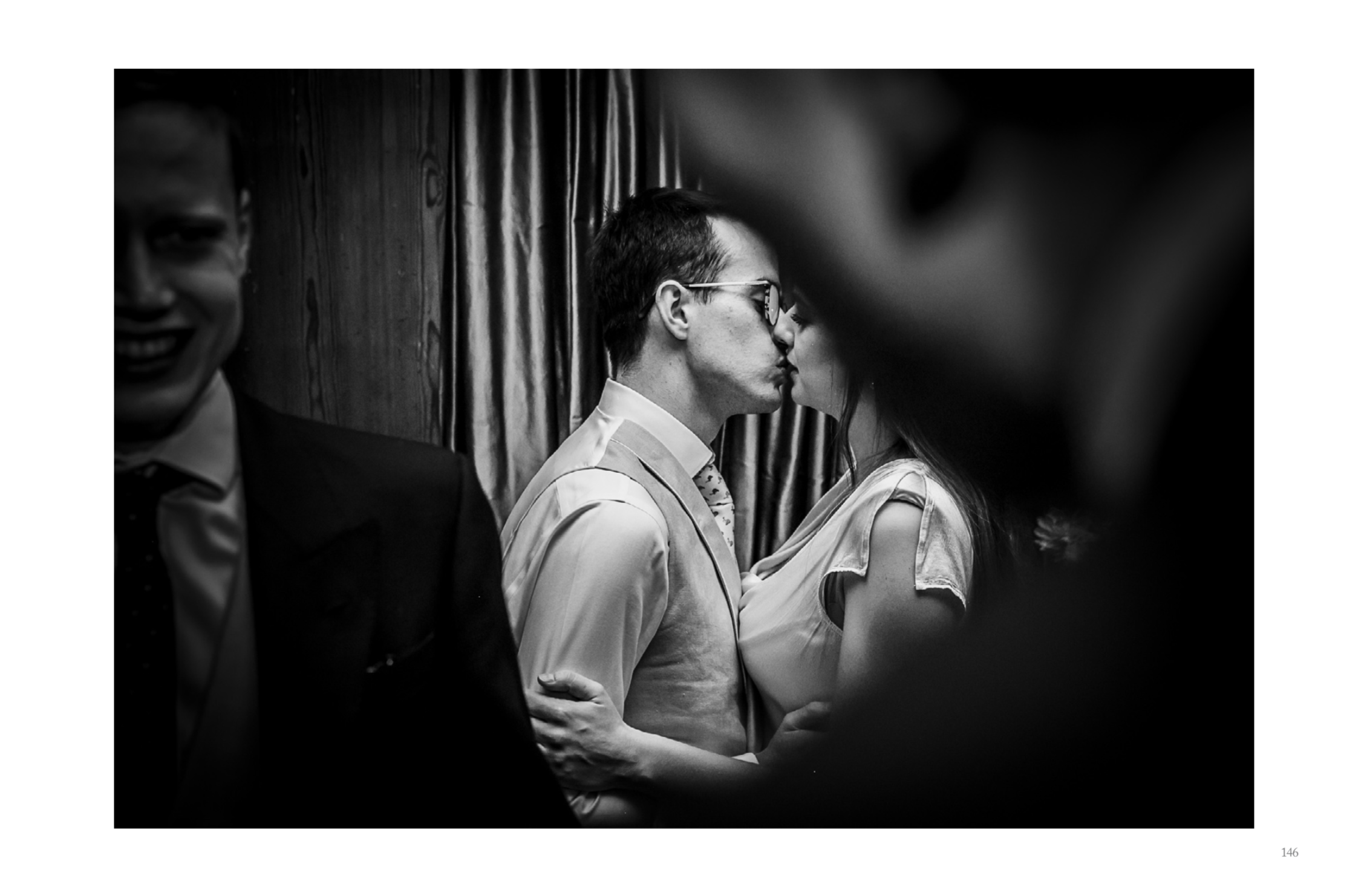
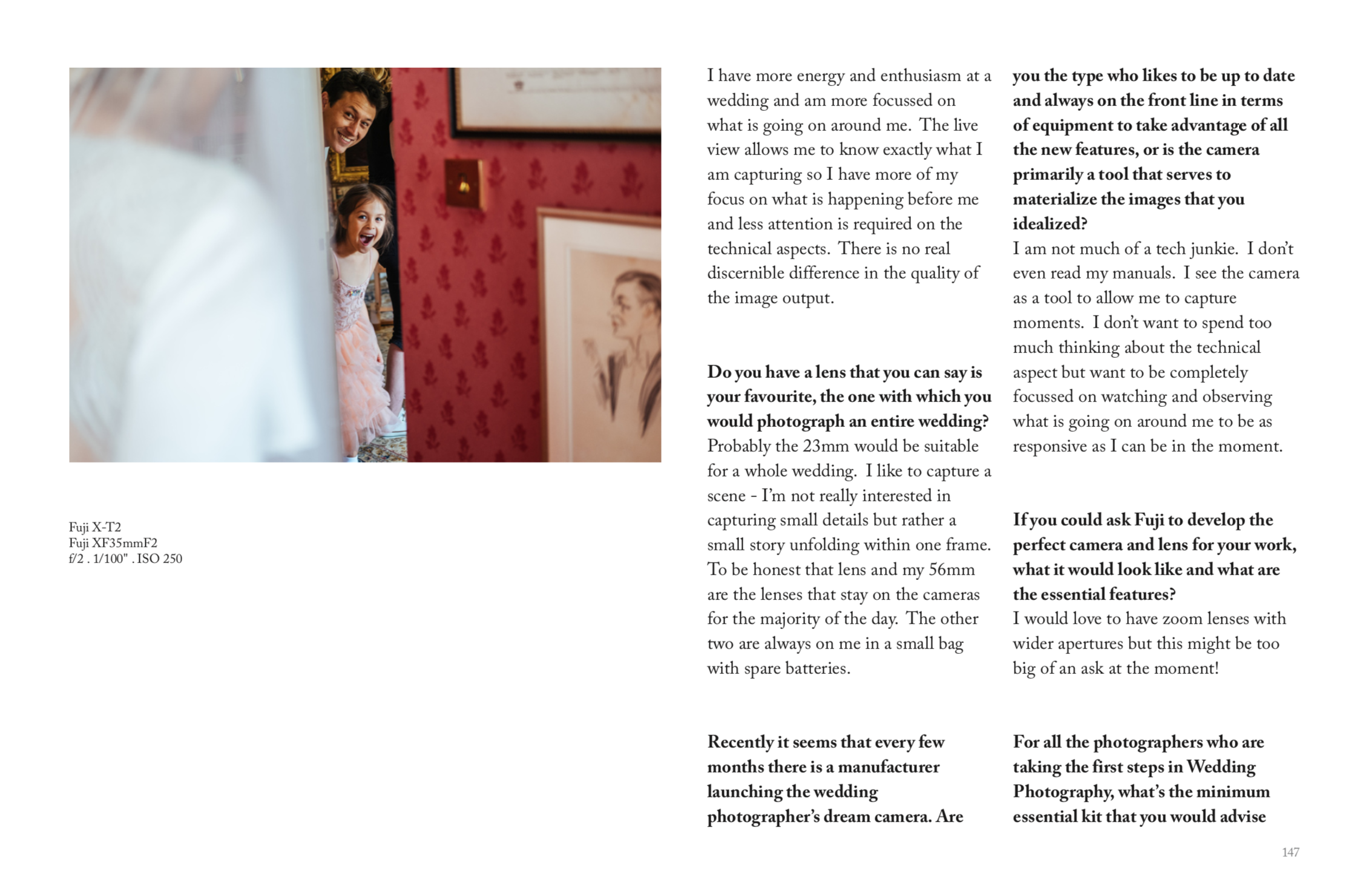
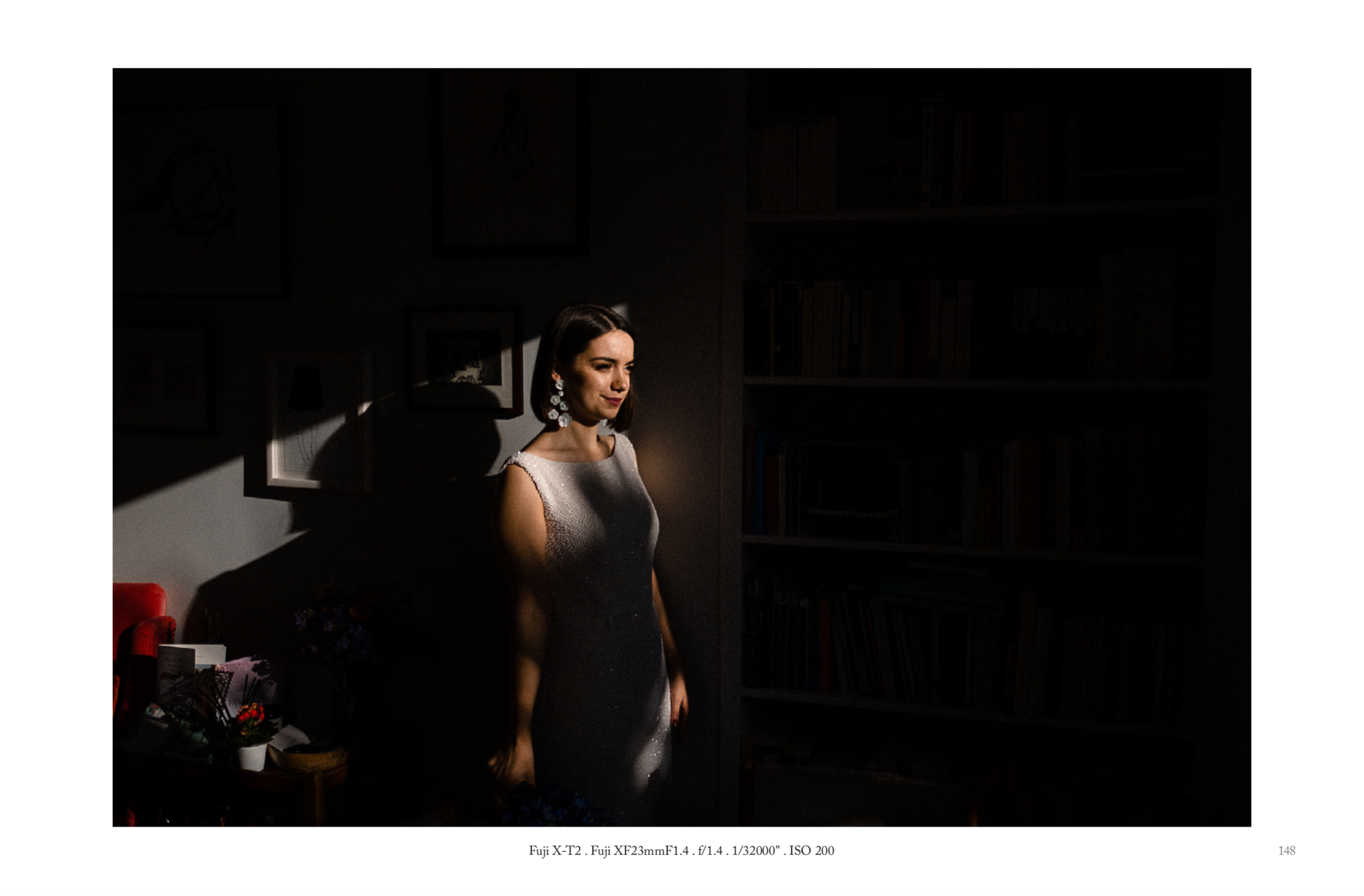
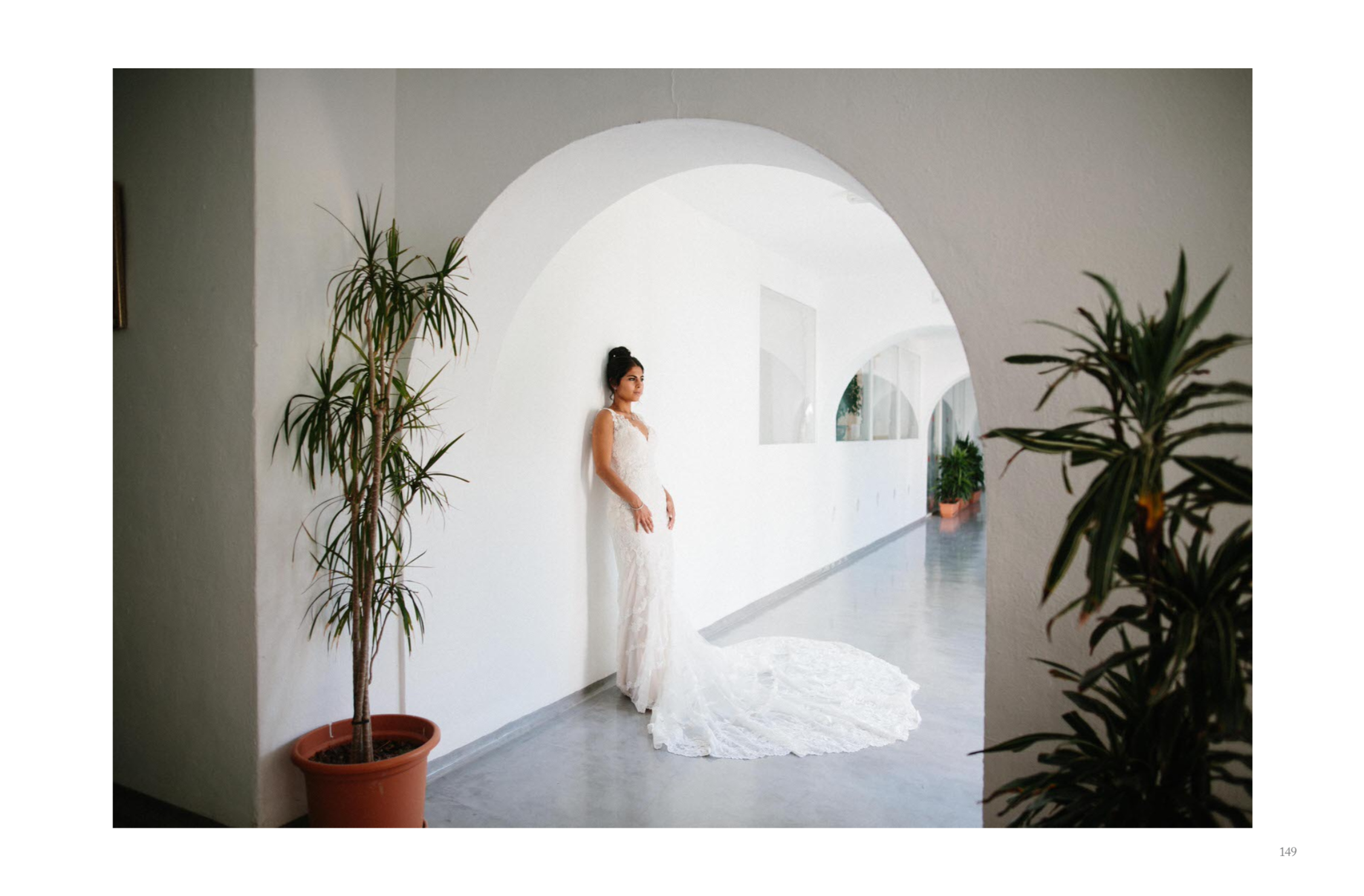
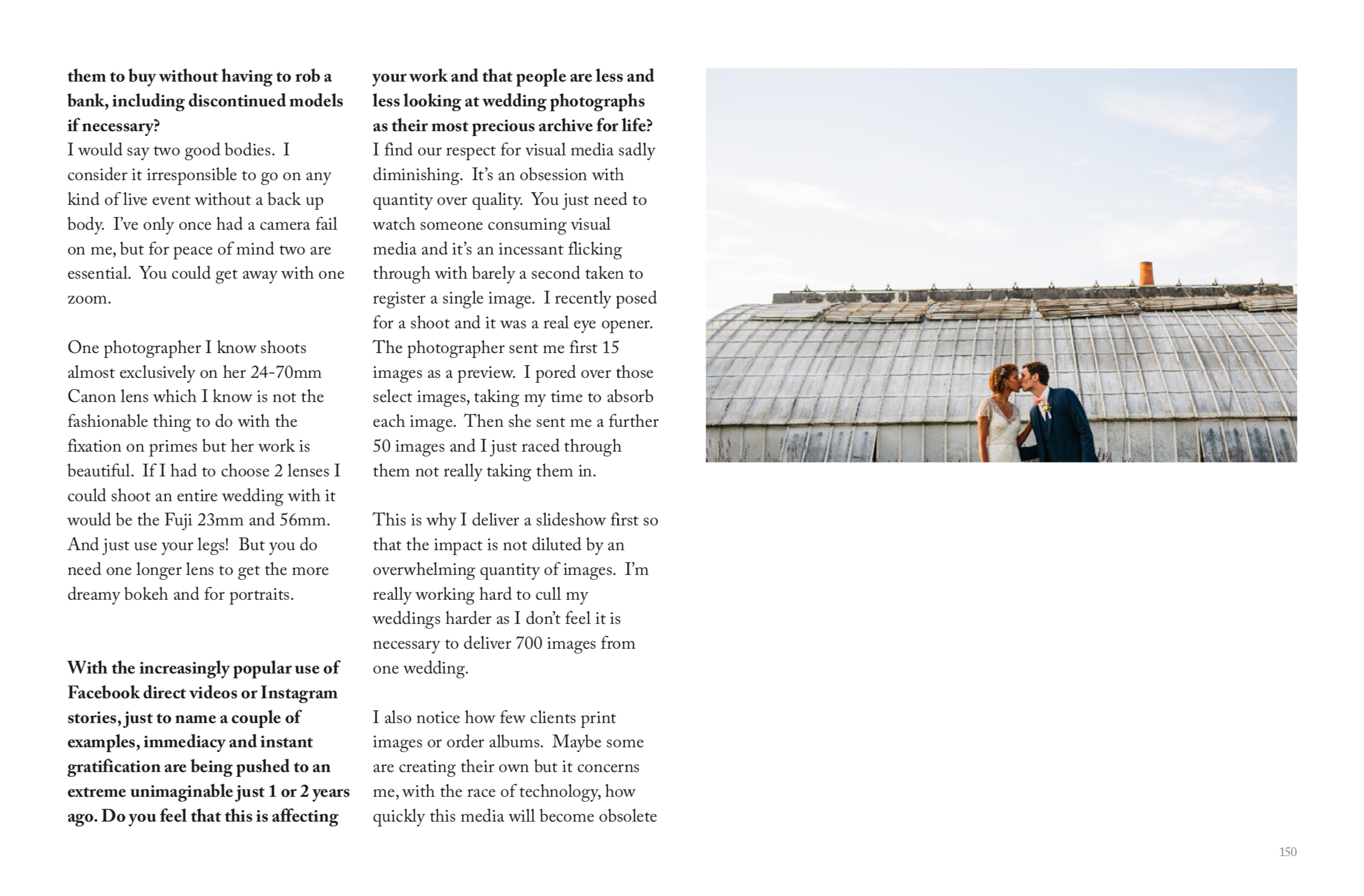
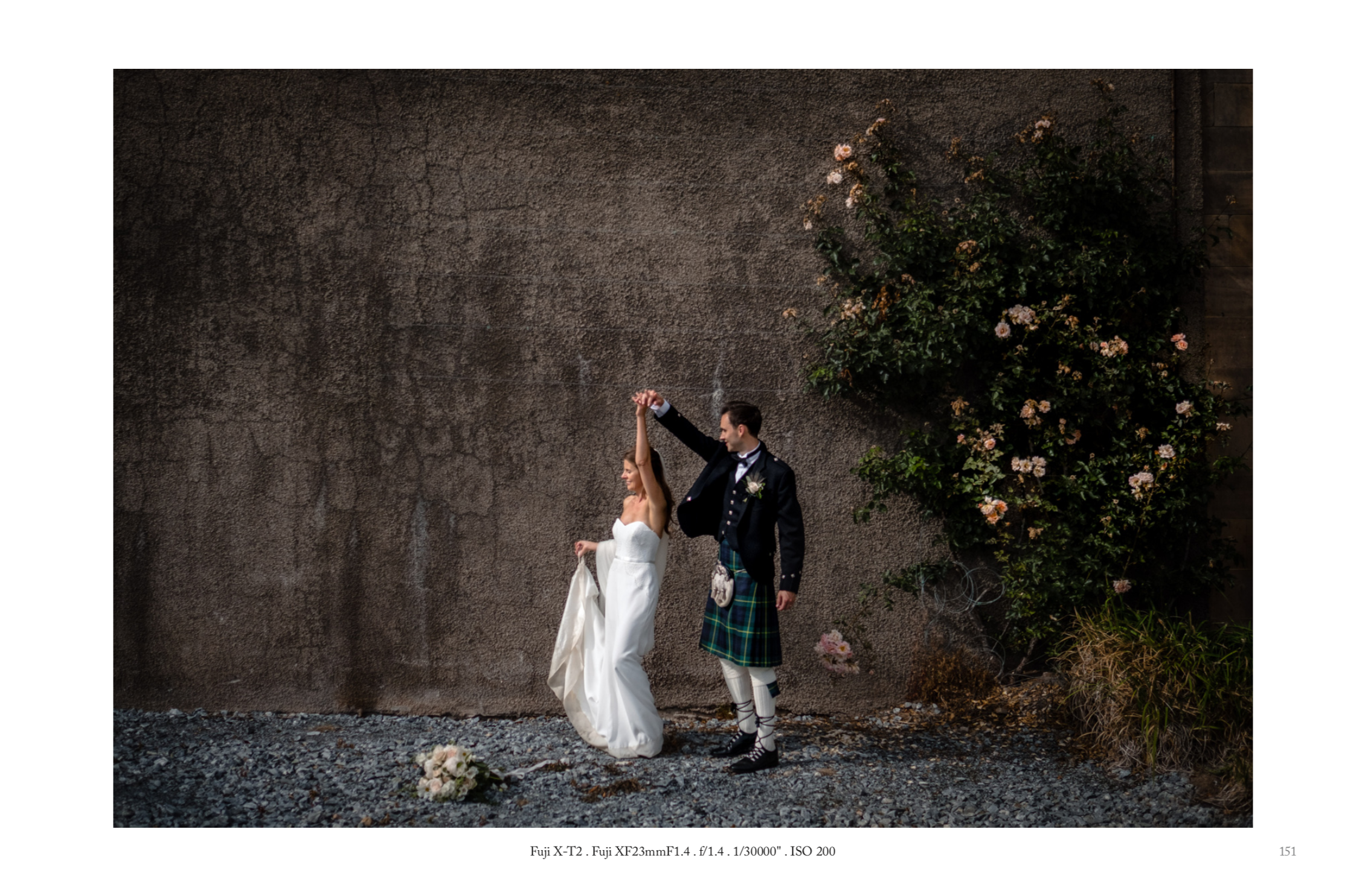
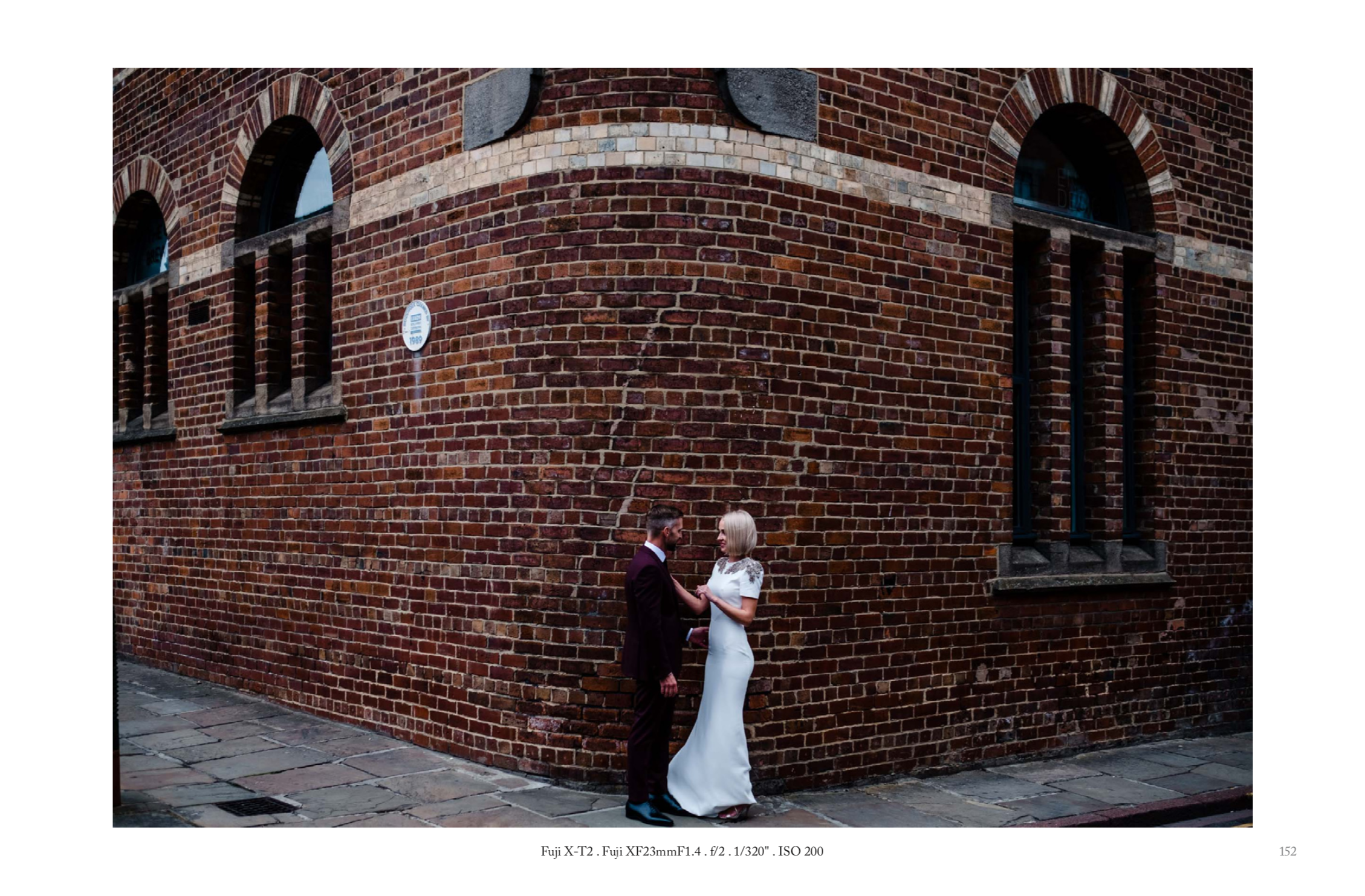
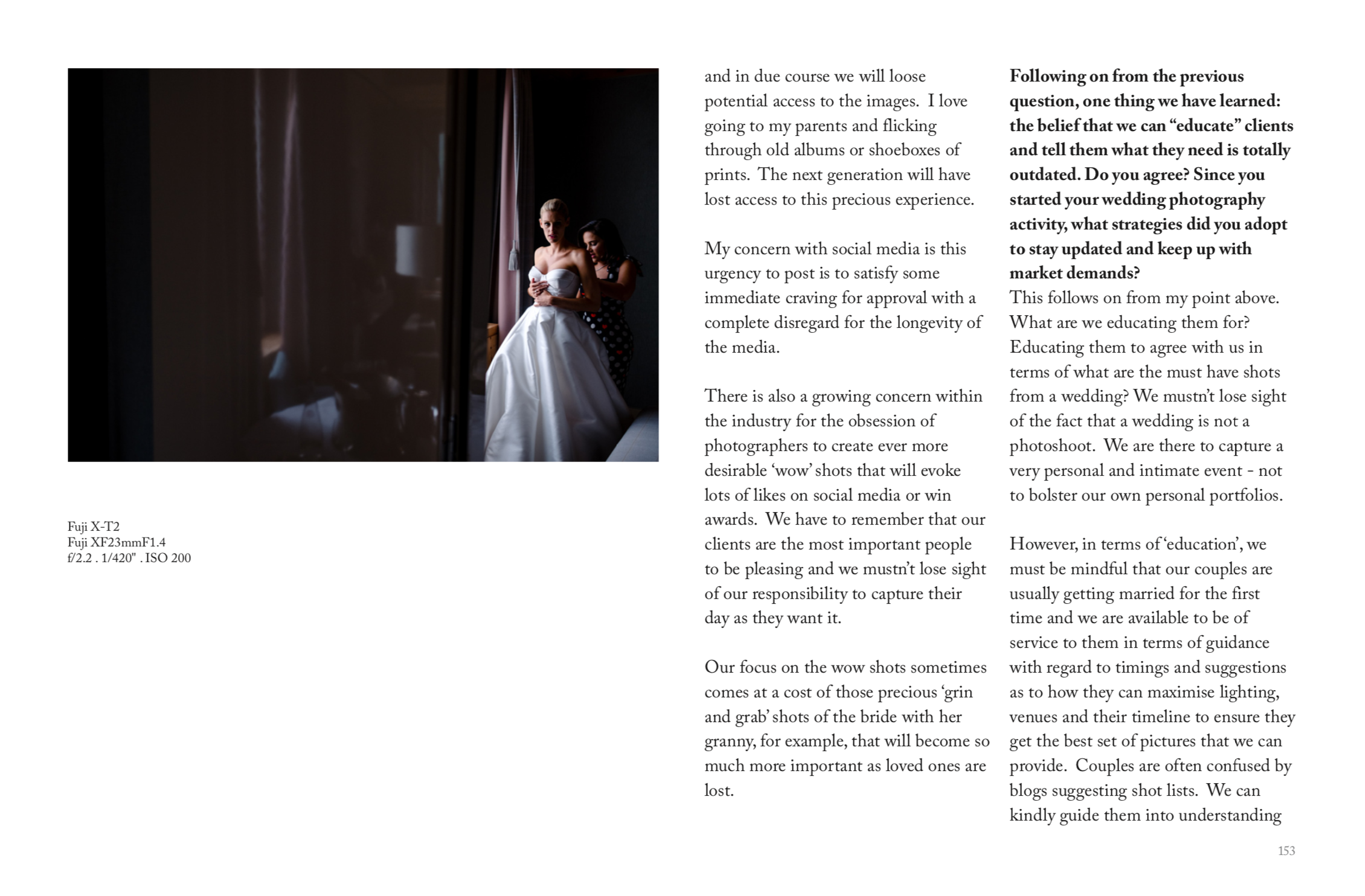
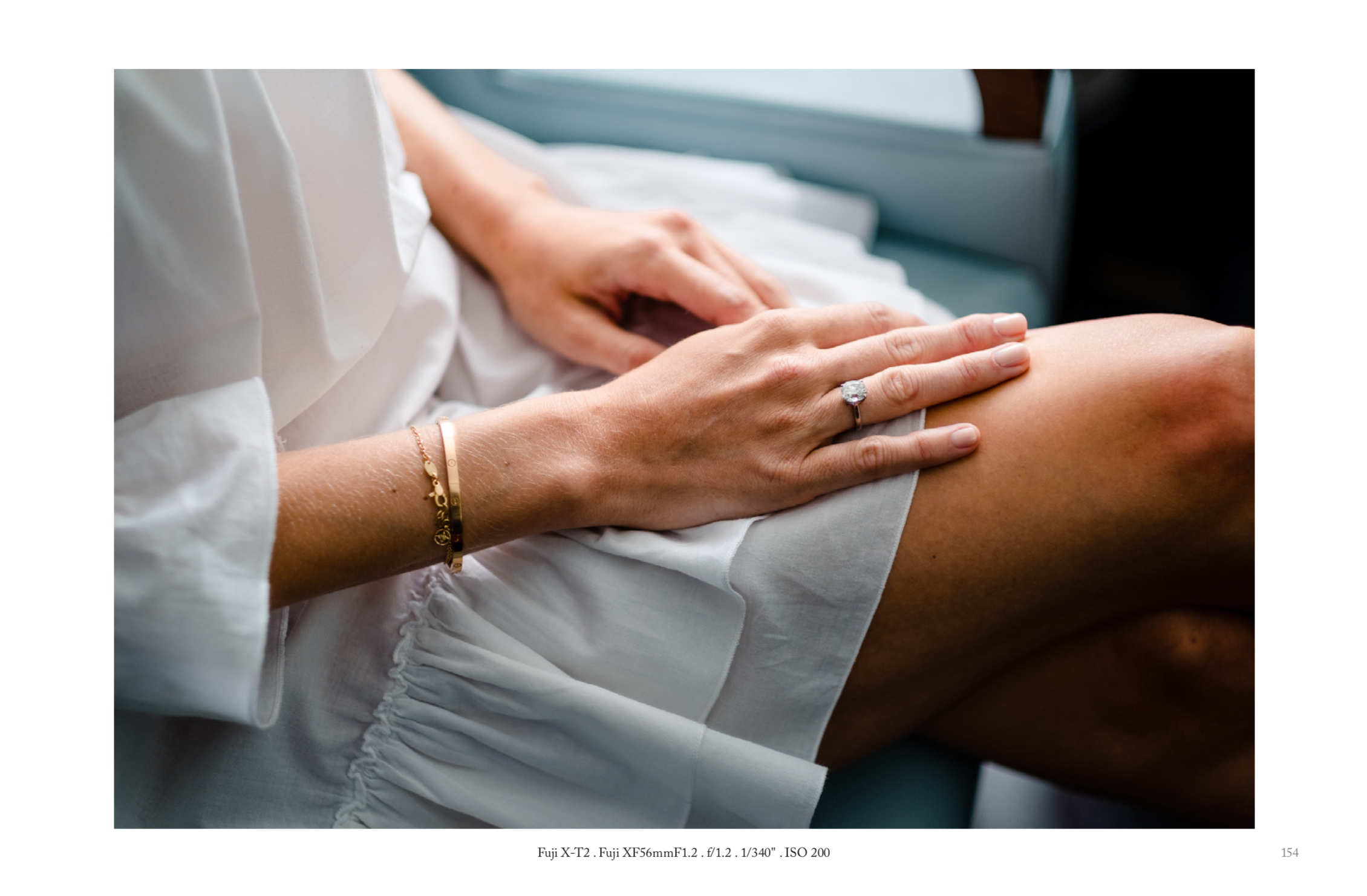
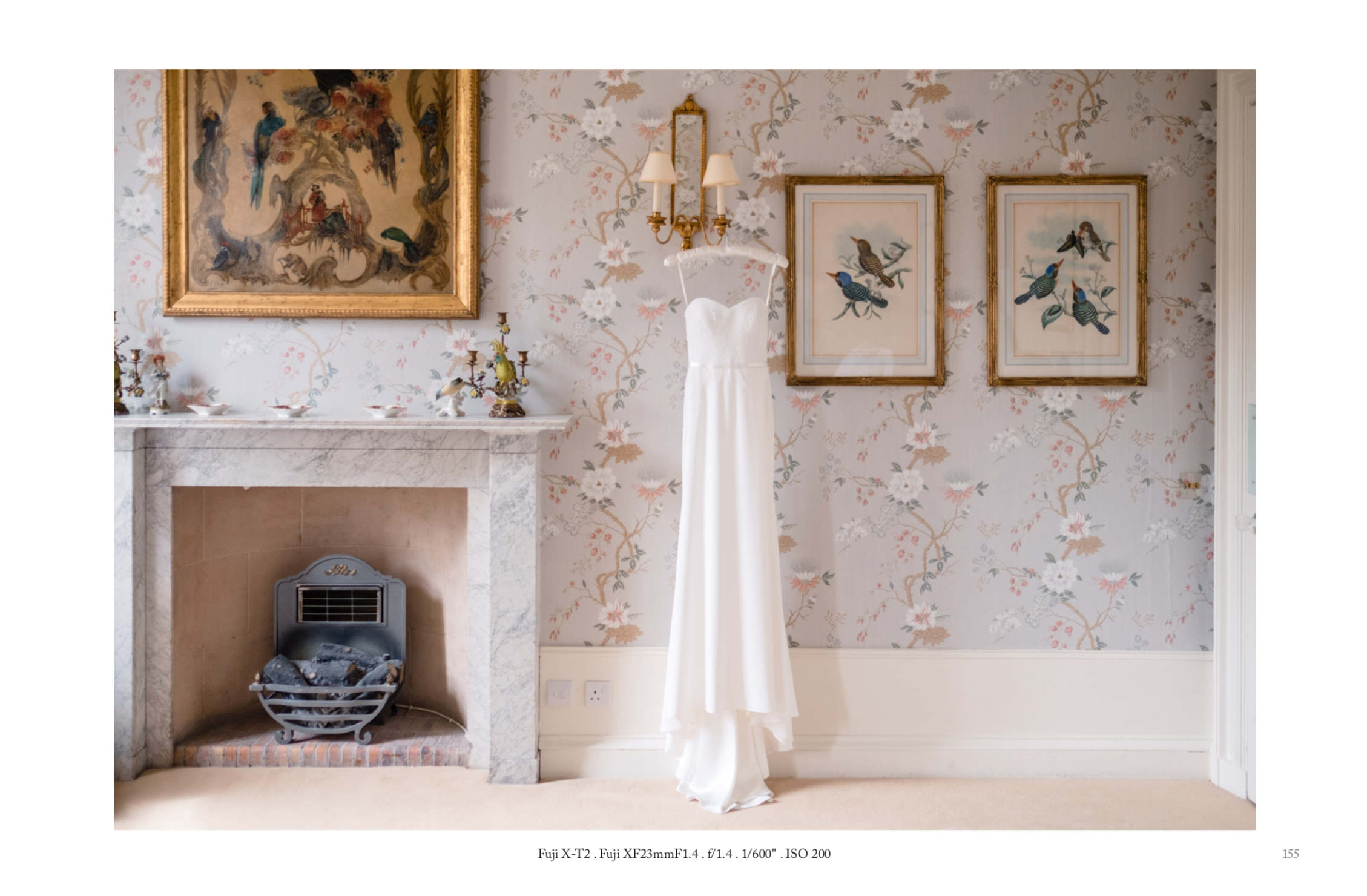
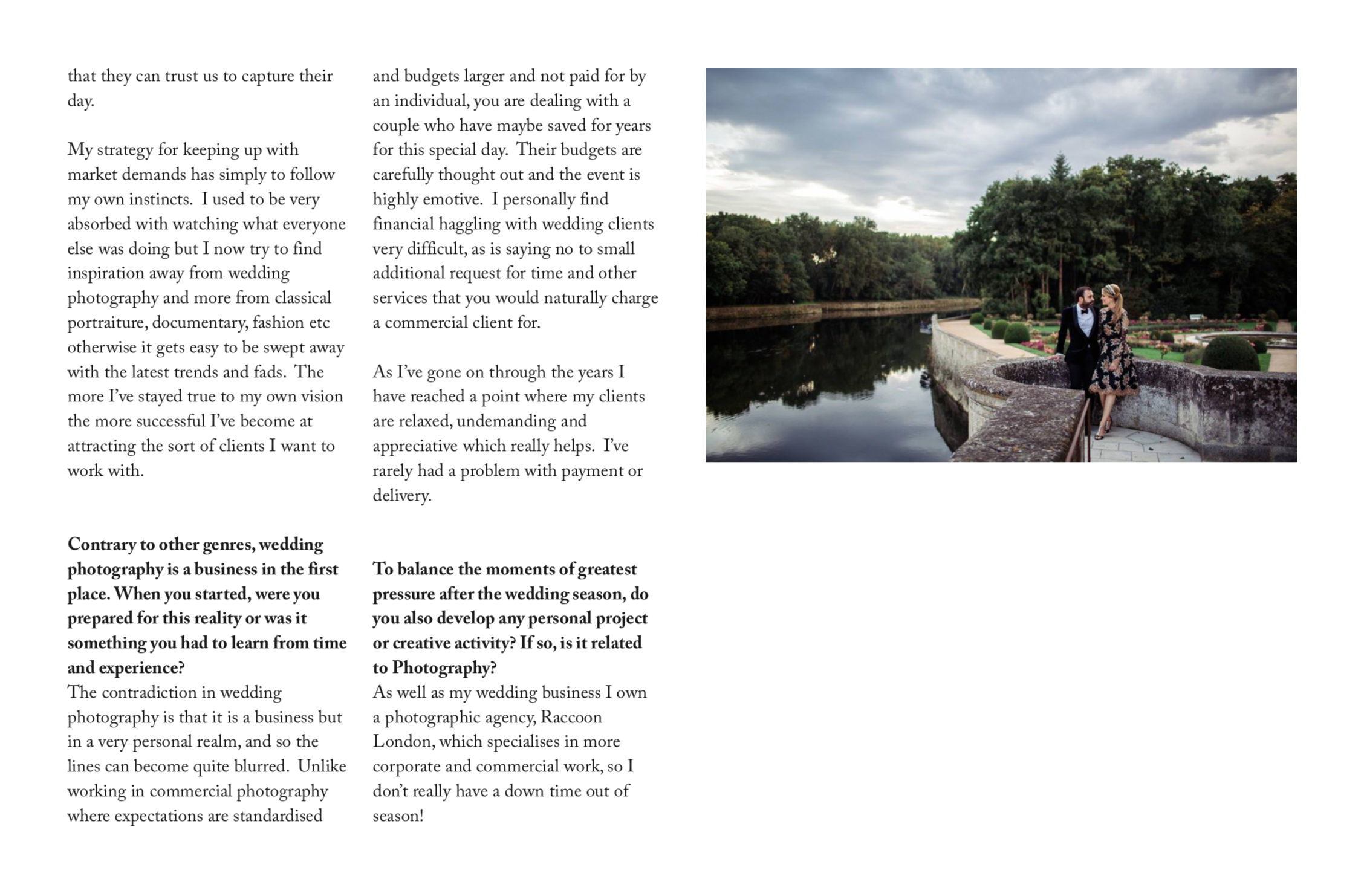
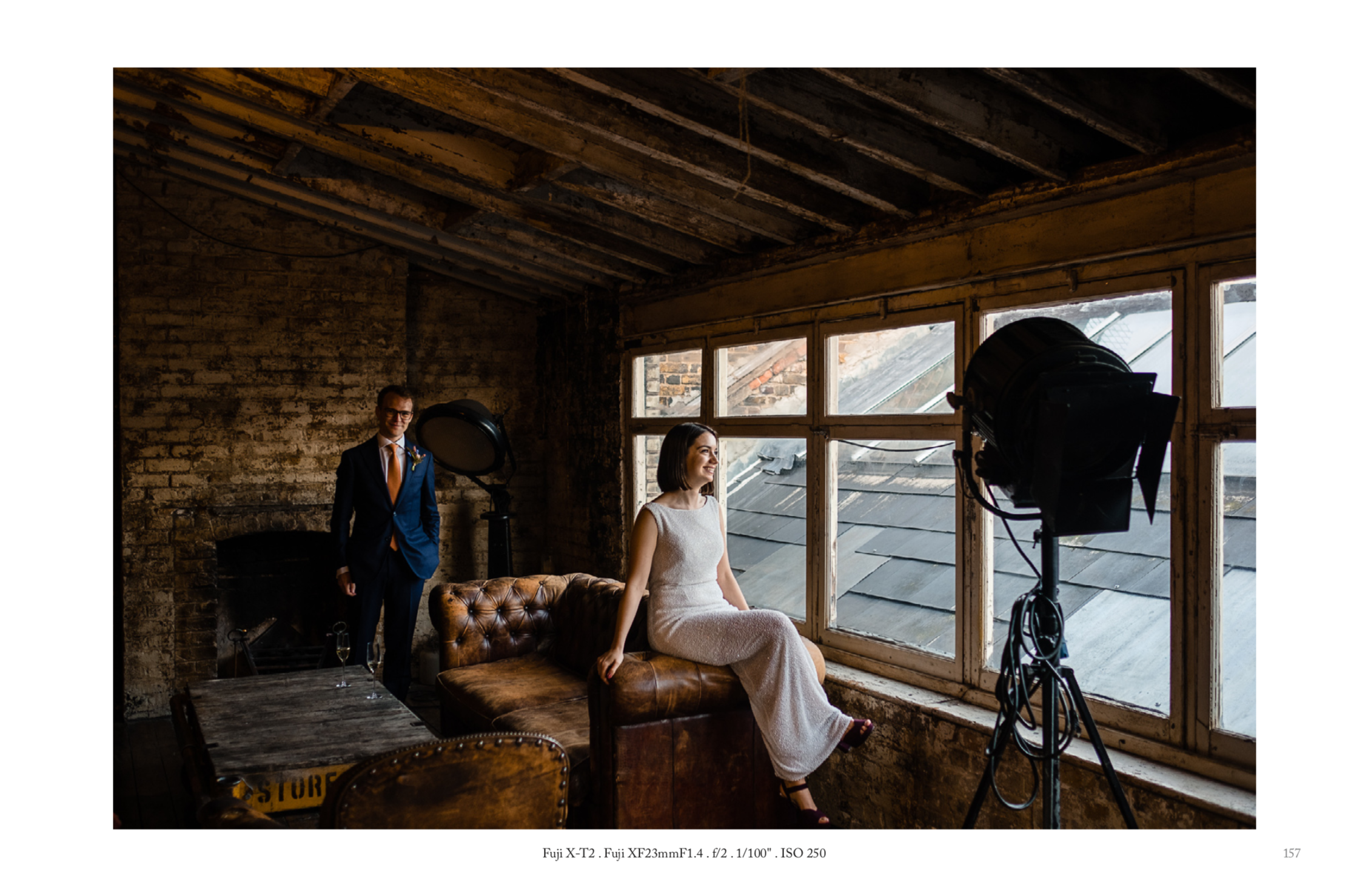
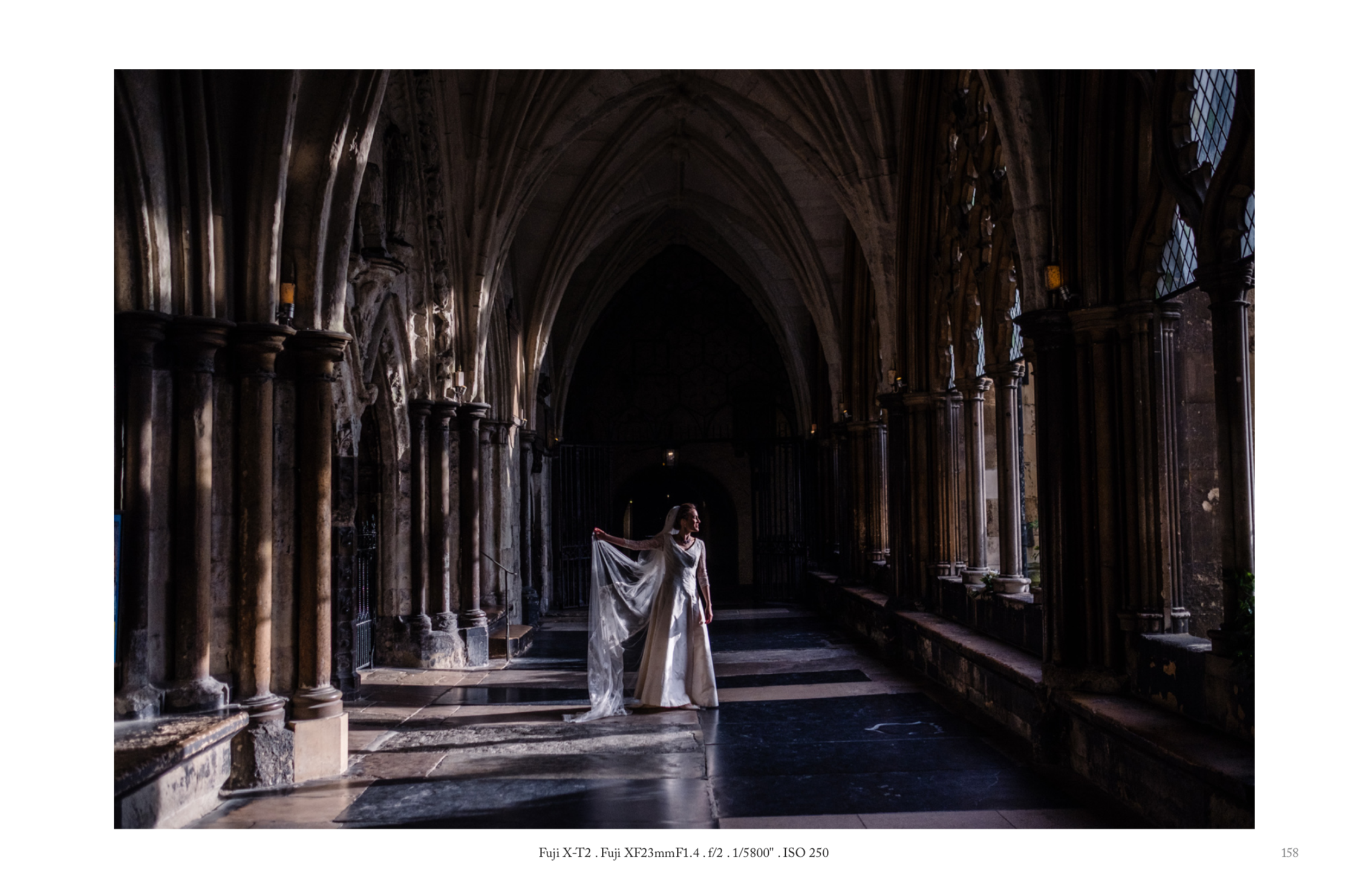
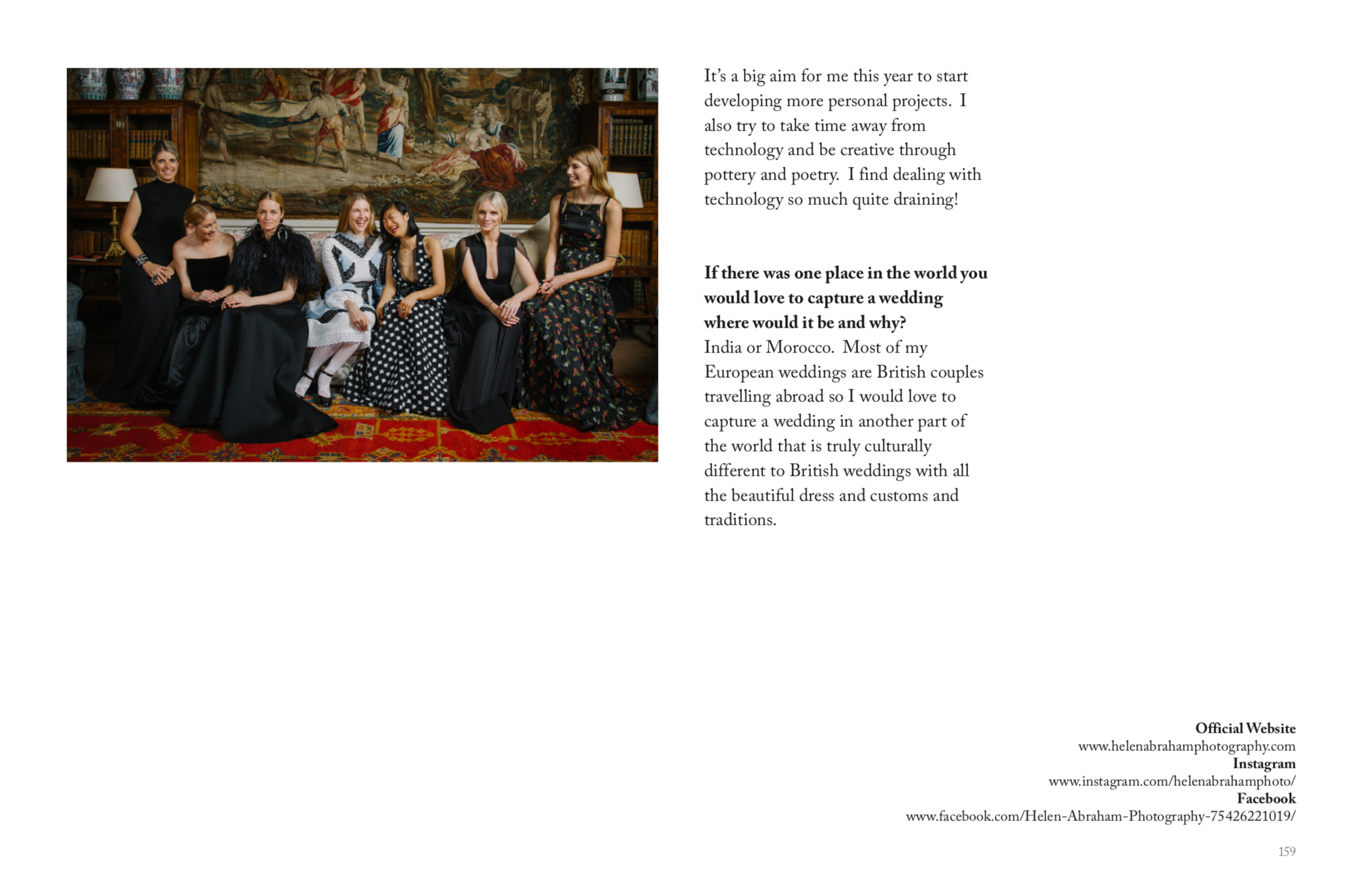
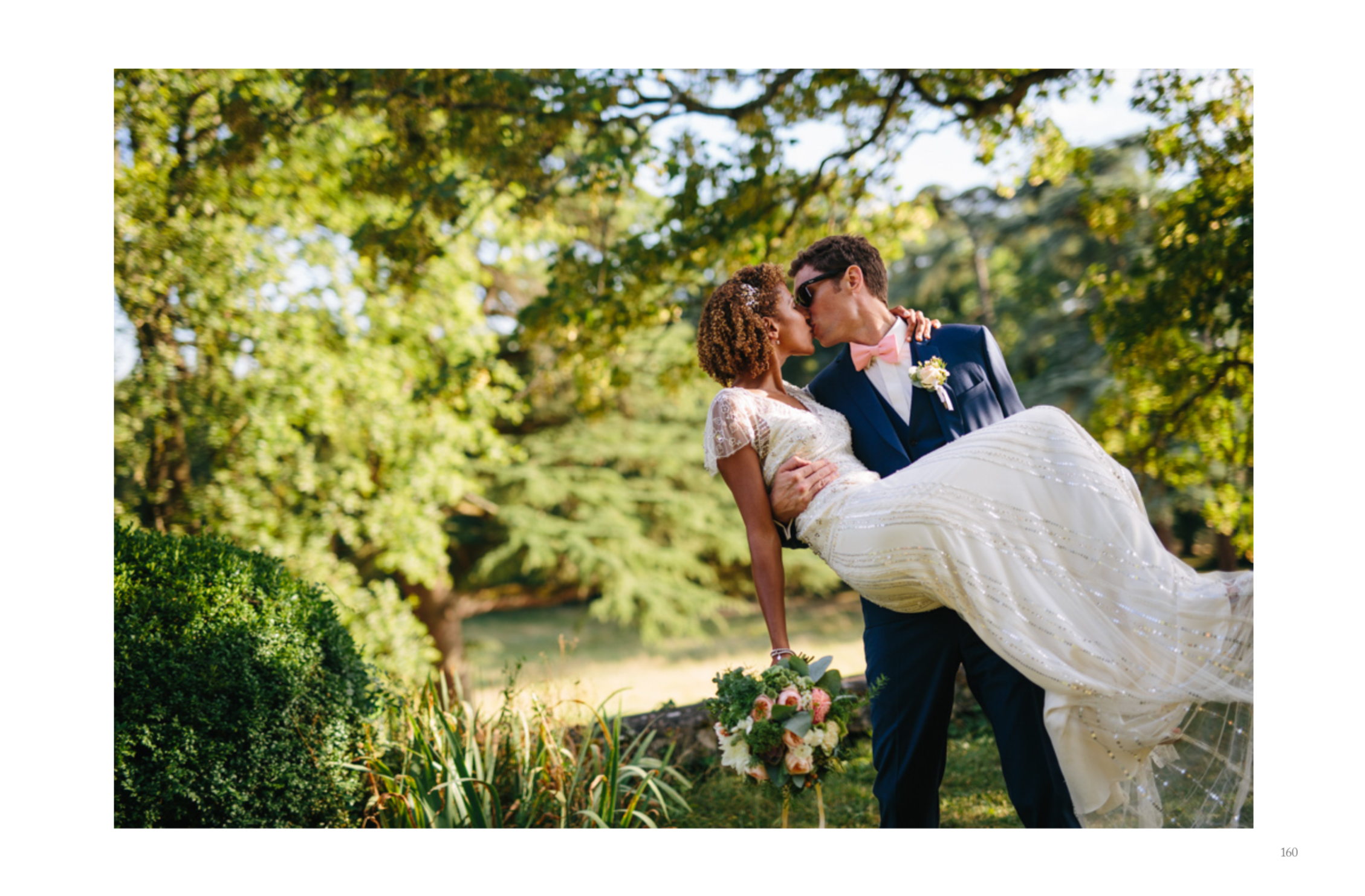
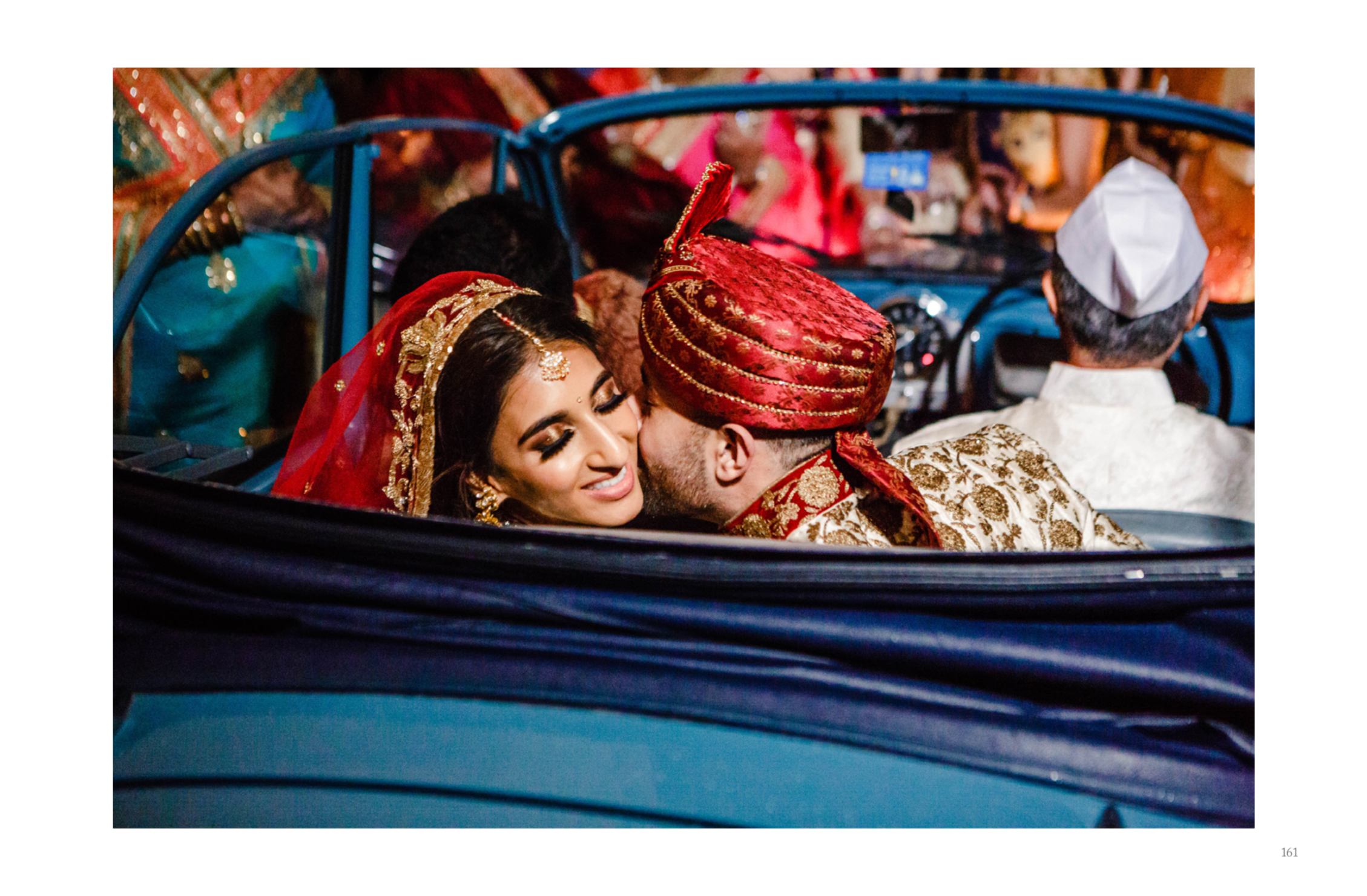
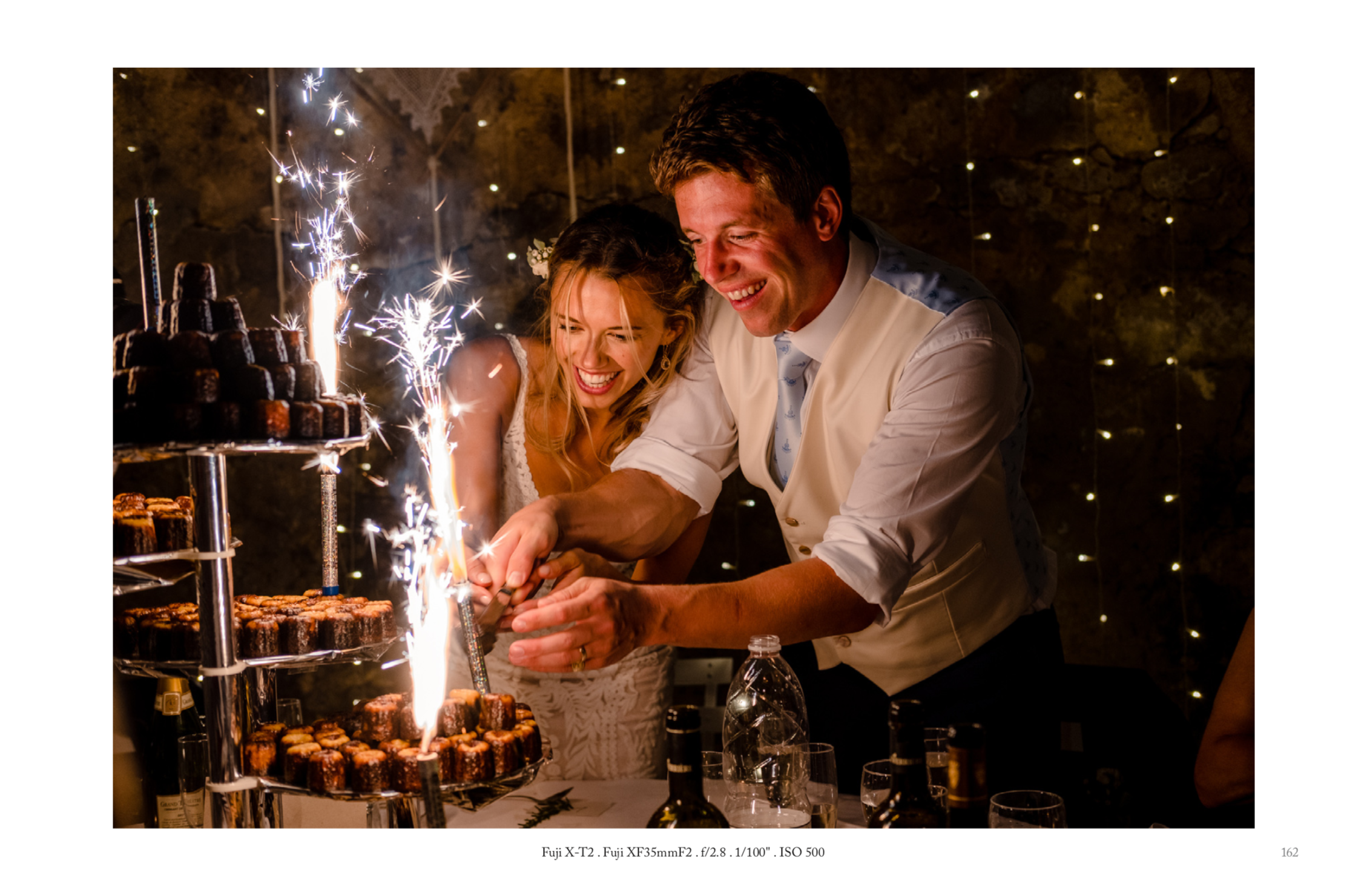
Hi Helen can you tell our readers a bit about yourself, where are you from and what do you do?
My name is Helen Abraham and I am primarily a documentary wedding photographer. I’m based in London but work around the UK and Europe with clients who are international and usually based in London.
For how long have you been photographing weddings and how did you get into it?
I have been photographing weddings for around 10 years. At the age of 30 I left my career in marketing to move to Glasgow to study photography. I had no idea of the direction I was going to take my work in until a friend’s sister, knowing that I was ‘into’ photography asked me (somewhat bravely!) if I would photograph her wedding. I accepted £50 to cover my expenses and took along another new photography friend to come and support me to shoot the day in Richmond Park. I absolutely fell in love with it; the opportunity to work with real and fascinating people, capturing authentic moments in life and to travel and visit beautiful locations all over the world.
Many couples opt for photographers with a more "traditional" approach because they want direction, to ensure they are being photographed in the most flattering way. On the other hand, others believe that a wedding should be an enjoyable and relaxed event and it shouldn’t be dictated by a demanding photographer. Between these two opposite styles, where does your approach stands and why?
I fall somewhere in the middle of these two. Whilst I absolutely want to keep direction to a minimum and never want to be the shouty photographer herding guests into regimented lines, I understand the importance taking control. Our clients haven’t done this before and to ensure we get the best images in the most efficient way it’s going to require a little guidance. And I see instruction during the couple session as vital to put them at ease and reassure them. I’ll might ask them to move into a pose in a natural way and adjust them if they look awkward, but it’s more a case of making them laugh, or asking them to do silly communication games to make them giggle and ease into each other naturally. I love to capture reactions and natural moments as opposed to formal poses.
By taking control during group photos I can ensure that we get them done very quickly so that everyone can return to enjoying the party - but that can only happen with preparation, a list of must haves and pre-knowledge of the light and the location. Guests often comment on how fast I am during this part of the day.
With the rise of camera phones and the current philosophy of "pics or it didn't happen" promoted by social networks, we bet you often have to deal with guests a little inconvenient that end up disturbing your work. Any recent episode you would like to share? How do you usually deal with this?
My take on this is that this is a wedding for everyone involved. It’s not all about me capturing great photos for my portfolio. I will be led by the couple in terms of how they want their wedding to be captured. I’ll advise them beforehand that it’s a good idea to remind guests in advance that there will be a professional photographer on site and that everyone will have access to the images after the wedding so there is no need for them to take their phones out. Often they will ask the celebrant or vicar to make that announcement in church. But I don’t see it as my role on the day to be obstructive to guests who want to take their own pictures. The older generations will often want to have their own pictures, and I’ll often follow being if a friendship group is gathering to take photos so that I can capture them whilst they are all relaxed with each other.
I will often incorporate this sort of behaviour it into my documentation of the day - it’s part of modern societal behaviours after all so there is no point in ignoring it. I photographed a Nigerian wedding where I captured the three bridesmaids walking out of the church all heads down looking at their phones. I find that amusing and a reflection of the day itself. Or capturing the back of a screen as parents are taking a photo during the ceremony. It’s part of our culture and I’m not going to fight it. That said, those weddings that are truly wonderful and fun seem to have less screens anyway. People are present and enjoying the moment as it happens and don’t want technology to get in the way of that connection - and that’s really beautiful.
What many clients do not realize, is that a wedding photographer spends much more time in front of a computer than photographing. How is your workflow, from capture to backups and editing, until the work is finally delivered? And what strategies have you managed to find to speed it up?
I’ve photographed around 250 weddings and my processes have changed a lot as I’ve refined my technique, shooting style and discovered new software.
After backing up to a couple of hard drives immediately after the wedding I wait a week before culling from c. 4,000 images to around 1,000 using Photomechanic. I’ll then import these into Lightroom and apply a basic preset that is my starting point. I rate all images as 1* then I work through tweaking, converting some to B&W and unstarring any that I feel don’t work. This gets me down to around 700 final edits. Now that I am using Fuji my exposures are generally spot on SOC so this has reduced my editing time. I also prefer to keep my images looking natural and bright and not overly processed to keep them timeless - and this is often what my clients say say they choose me for.
I then select c. 100 favourites for the slideshow, which I create using Smart Slides. The final slideshow goes on my website on a private page and sent to the clients as a preview. The full gallery of high res files is uploaded to Pixieset for the client. I divide the day into sections so that clients can easily navigate through what is quite a large number of images.
As every photographers are a bit of gearheads, we have of course to ask you this: what equipment did you use in the first wedding you shot and what's the setup you currently use?
I started with Canon equipment as this was the first DLR camera I was bought by my parents for my 21st birthday, so I continued using Canon as I had a few lenses. The 50mm 1.4 was my favourite lens starting out. I also relied heavily on the 24-70mm. I think these were probably my only lenses for my first wedding. The camera was probably a 5D Mk1 from what I can remember! I had a couple of cheap flash guns too.
I progressed to my current Canon set up which is two 5D MK 3 bodies. My most frequently used lenses include 24-70mm, 50mm 1.4, 24mm 1.4 Sigma, 35mm 1.4 Sigma, 85mm 1.8 Canon. I also have 70-200mm, 100mm Canon prime. 18-35mm 1.4mm Canon.
My usual Fuji set up is two XT2 bodies (although I’m planning to upgrade both this year) and the four lenses which I exclusively use are 23 f/2, 56mm f/1.4, 35mm f2, 16mm 1.4. I also have a flash but I tend to switch to Canon’s for the after dark part of the wedding as I’m more comfortable with Canon flash, although I’m signed up for a session with Fuji ambassador Kevin Mullins in March for a workshop so will hopefully get to grips with Fuji flash ready for the summer!
What reasons led you to make the transition to the Fujifilm X system and what impact did it have on your work since you first started using it?
The main reason was the physical strain that working with heavy cameras was taking on my body. I was genuinely concerned about my longevity in this industry as I got older (I am now 40). After every wedding I was exhausted and needed massages. And I also found that the heavy camera gear limited my movement and my ability to capture the moments I wanted. I was thrilled by the reports that were coming out with the early Fuji adopters. Whilst the cameras have some limitations the pros definitely outweigh the cons. I feel light and responsive and can work even more discretely. I have more energy and enthusiasm at a wedding and am more focussed on what is going on around me. The live view allows me to know exactly what I am capturing so I have more of my focus on what is happening before me and less attention is required on the technical aspects. There is no real discernible difference in the quality of the image output.
Do you have a lens that you can say is your favourite, the one with which you would photograph an entire wedding?
Probably the 23mm would be suitable for a whole wedding. I like to capture a scene - I’m not really interested in capturing small details but rather a small story unfolding within one frame. To be honest that lens and my 85mm are the lenses that stay on the cameras for the majority of the day. The other two are always on me in a small bag with spare batteries.
Recently it seems that every few months there is a manufacturer launching the wedding photographer's dream camera. Are you the type who likes to be up to date and always on the front line in terms of equipment to take advantage of all the new features, or is the camera primarily a tool that serves to materialize the images that you idealized?
I am not much of a tech junkie. I don’t even read my manuals. I see the camera as a tool to allow me to capture moments. I don’t want to spend too much thinking about the technical aspect but want to be completely focussed on watching and observing what is going on around me to be as responsive as I can be in the moment.
If you could ask Fuji to develop the perfect camera and lens for your work, what it would look like and what are the essential features?
I would love to have zoom lenses with wider apertures but this might be too big of an ask at the moment!
For all the photographers who are taking the first steps in Wedding Photography, what’s the minimum essential kit that you would advise them to buy without having to rob a bank, including discontinued models if necessary?
I would say two good bodies. I consider it irresponsible to go on any kind of live event without a back up body. I’ve only once had a camera fail on me, but for peace of mind two are essential. You could get away with one zoom. One photographer I know shoots almost exclusively on her 24-70mm Canon lens which I know is not the fashionable thing to do with the fixation on primes but her work is beautiful. If I had to choose 2 lenses I could shoot an entire wedding with it would be the Fuji 23mm and 85mm. And just use your legs! But you do need one longer lens to get the more dreamy bokeh and for portraits.
With the increasingly popular use of Facebook direct videos or Instagram stories, just to name a couple of examples, immediacy and instant gratification are being pushed to an extreme unimaginable just 1 or 2 years ago. Do you feel that this is affecting your work and that people are less and less looking at wedding photographs as their most precious archive for life?
I find our respect for visual media sadly diminishing. It’s an obsession with quantity over quality. You just need to watch someone consuming visual media and it’s an incessant flicking through with barely a second taken to register a single image. I recently posed for a shoot and it was a real eye opener. The photographer sent me first 15 images as a preview. I pored over those select images, taking my time to absorb each image. Then she sent me a further 50 images and I just raced through them not really taking them in. This is why I deliver a slideshow first so that the impact is not diluted by an overwhelming quantity of images. I’m really working hard to cull my weddings harder as I don’t feel it is necessary to deliver 700 images from one wedding.
I also notice how few clients print images or order albums. Maybe some are creating their own but it concerns me, with the race of technology, how quickly this media will become obsolete and in due course we will loose potential access to the images. I love going to my parents and flicking through old albums or shoeboxes of prints. The next generation will have lost access to this precious experience.
My concern with social media is this urgency to post is to satisfy some immediate craving for approval with a complete disregard for the longevity of the media.
There is also a growing concern within the industry for the obsession of photographers to create ever more desirable ‘wow’ shots that will evoke lots of likes on social media or win awards. We have to remember that our clients are the most important people to be pleasing and we mustn’t lose sight of our responsibility to capture their day as they want it. Our focus on the wow shots sometimes comes at a cost of those precious ‘grin and grab’ shots of the bride with her granny, for example, that will become so much more important as loved ones are lost.
Following on from the previous question, one thing we have learned: the belief that we can "educate" clients and tell them what they need is totally outdated. Do you agree? Since you started your wedding photography activity, what strategies did you adopt to stay updated and keep up with market demands?
This follows on from my point above. What are we educating them for? Educating them to agree with us in terms of what are the must have shots from a wedding? We mustn’t lose sight of the fact that a wedding is not a photoshoot. We are there to capture a very personal and intimate event - not to bolster our own personal portfolios.
However, in terms of ‘education’, we must be mindful that our couples are usually getting married for the first time and we are available to be of service to them in terms of guidance with regard to timings and suggestions as to how they can maximise lighting, venues and their timeline to ensure they get the best set of pictures that we can provide. Couples are often confused by blogs suggesting shot lists. We can kindly guide them into understanding that they can trust us to capture their day.
My strategy for keeping up with market demands has simply to follow my own instincts. I used to be very absorbed with watching what everyone else was doing but I now try to find inspiration away from wedding photography and more from classical portraiture, documentary, fashion etc otherwise it gets easy to be swept away with the latest trends and fads. The more I’ve stayed true to my own vision the more successful I’ve become at attracting the sort of clients I want to work with.
Contrary to other genres, wedding photography is a business in the first place. When you started, were you prepared for this reality or was it something you had to learn from time and experience?
The contradiction in wedding photography is that it is a business but in a very personal realm, and so the lines can become quite blurred. Unlike working in commercial photography where expectations are standardised and budgets larger and not paid for by an individual, you are dealing with a couple who have maybe saved for years for this special day. Their budgets are carefully thought out and the event is highly emotive. I personally find financial haggling with wedding clients very difficult, as is saying no to small additional request for time and other services that you would naturally charge a commercial client for.
As I’ve gone on through the years I have reached a point where my clients are relaxed, undemanding and appreciative which really helps. I’ve rarely had a problem with payment or delivery.
To balance the moments of greatest pressure after the wedding season, do you also develop any personal project or creative activity? If so, is it related to Photography?
As well as my wedding business I own a photographic agency, Raccoon London, which specialises in more corporate and commercial work, so I don’t really have a down time out of season! It’s a big aim for me this year to start developing more personal projects. I also try to take time away from technology and be creative through pottery and poetry. I find dealing with technology so much quite draining!
If there was one place in the world you would love to capture a wedding where would it be and why?
India or Morocco. Most of my European weddings are British couples travelling abroad to travel so I would love to capture a wedding in another part of the world that is truly culturally different to British weddings with all the beautiful dress and customs and traditions.


